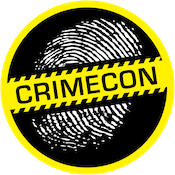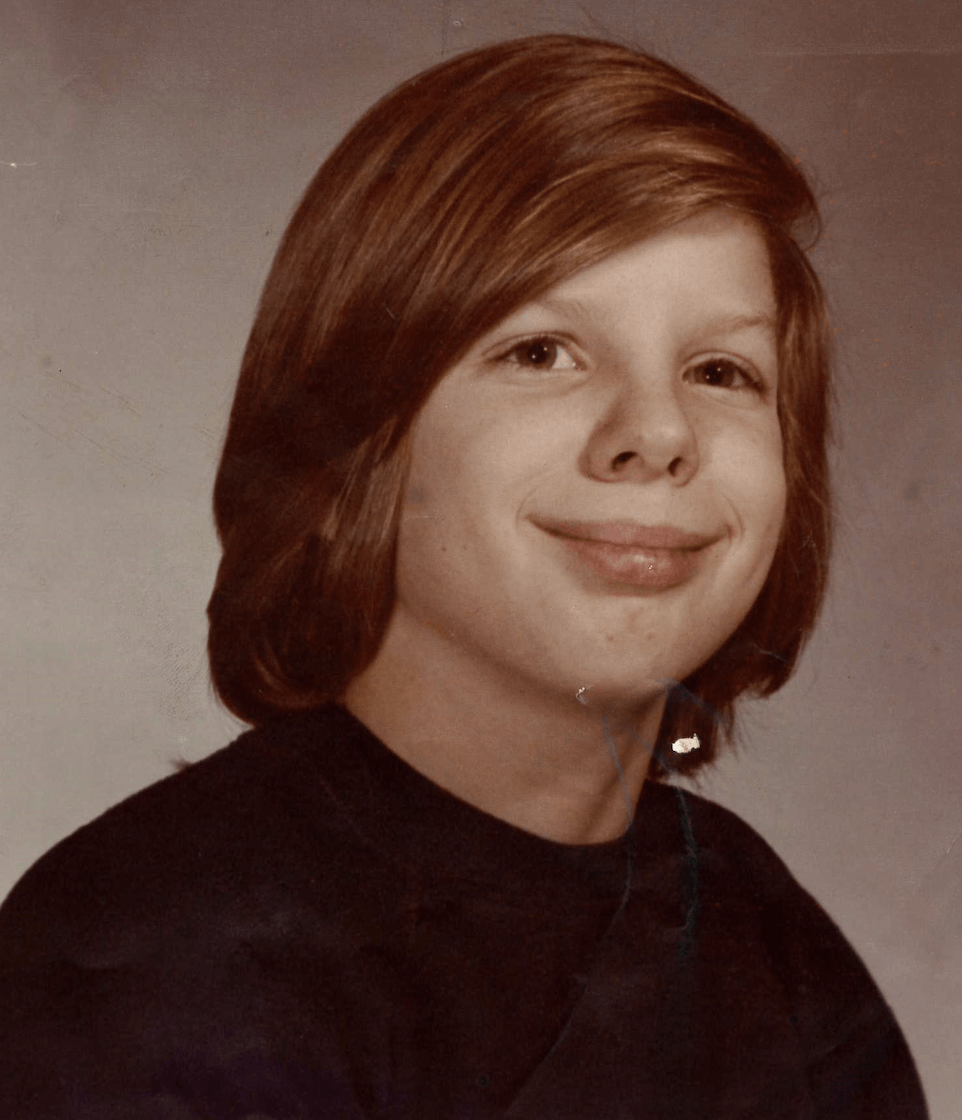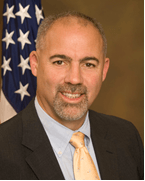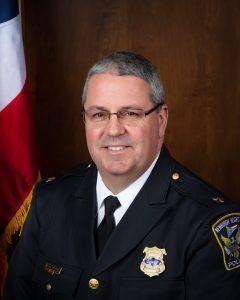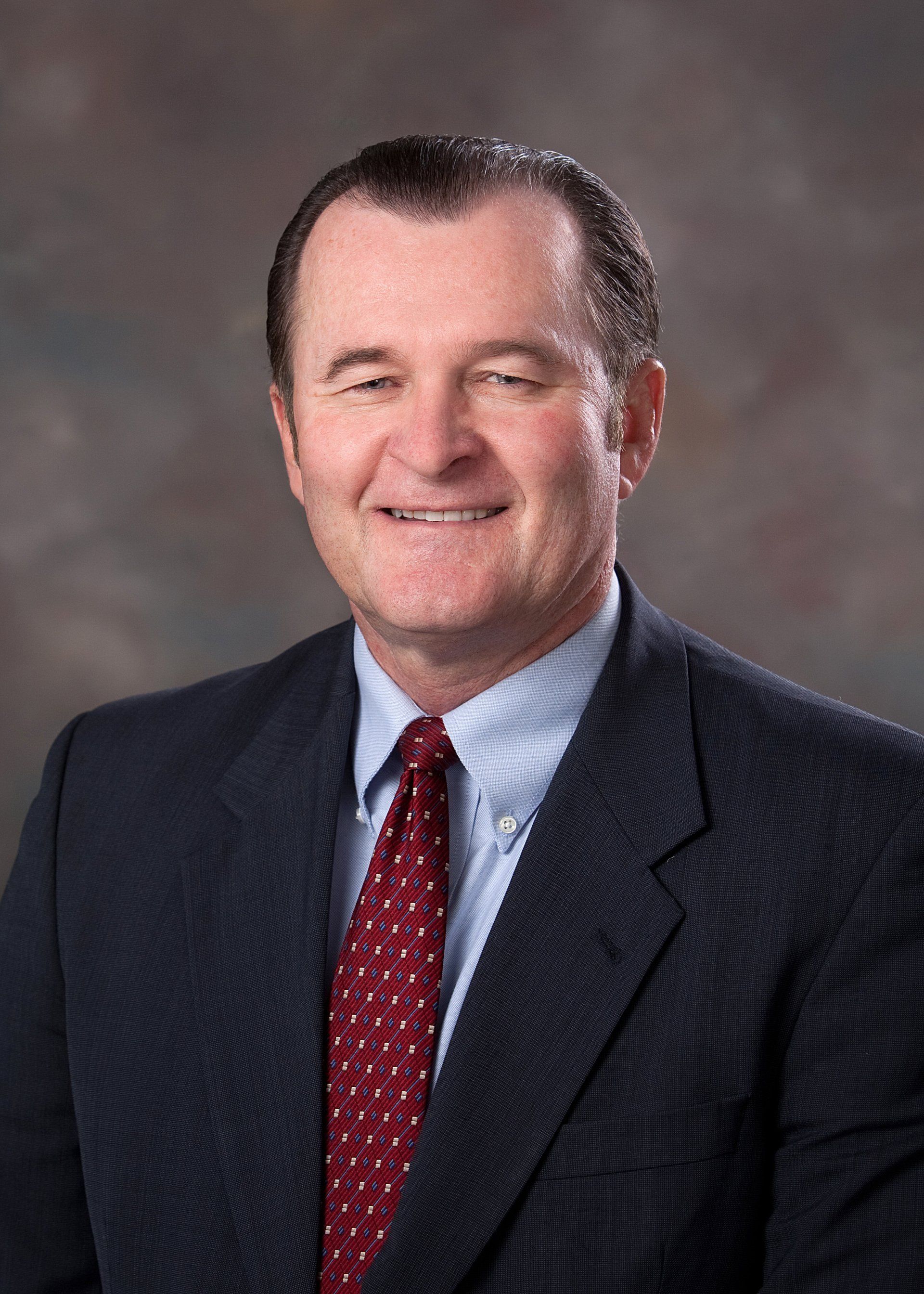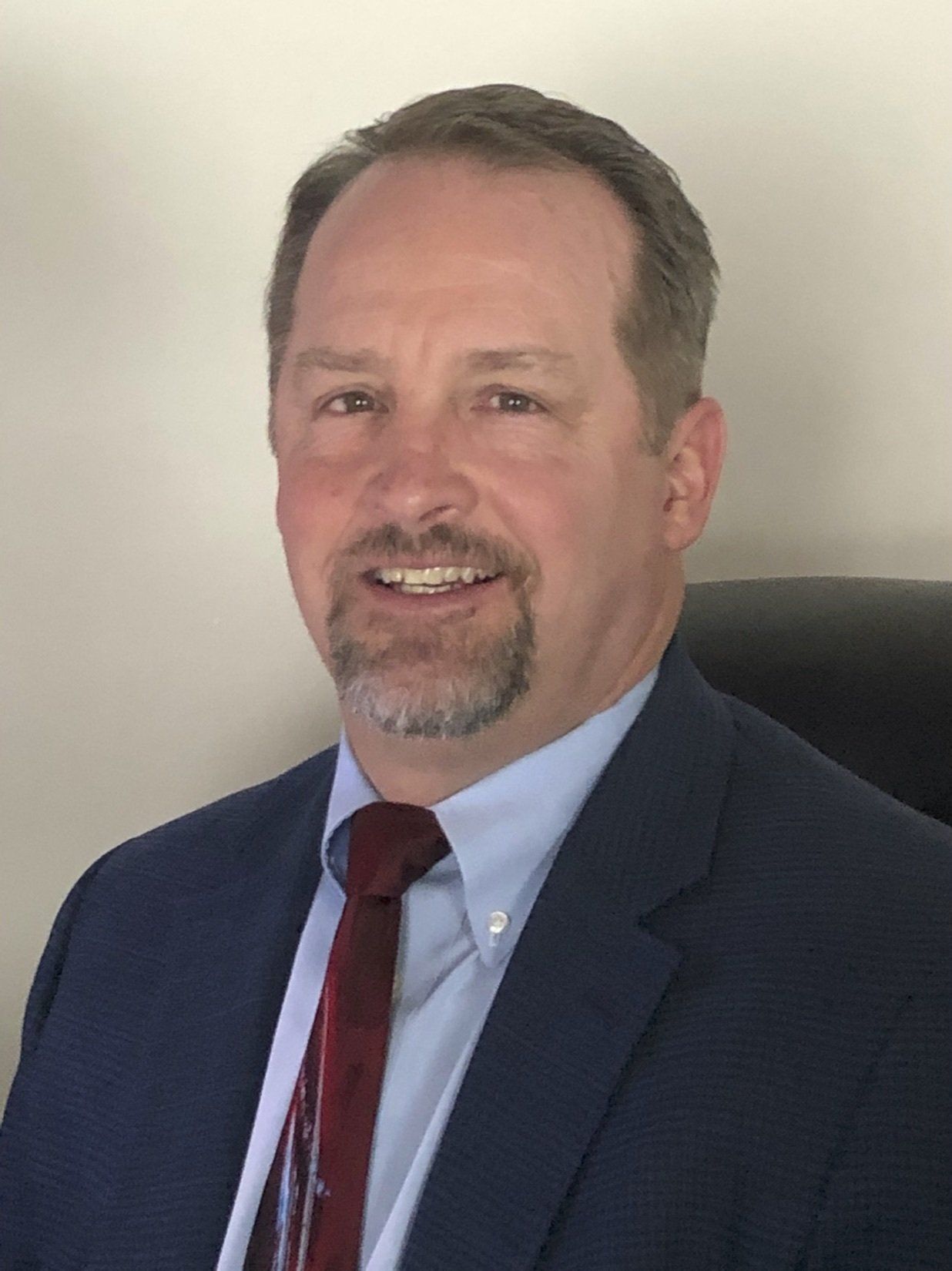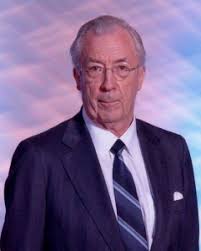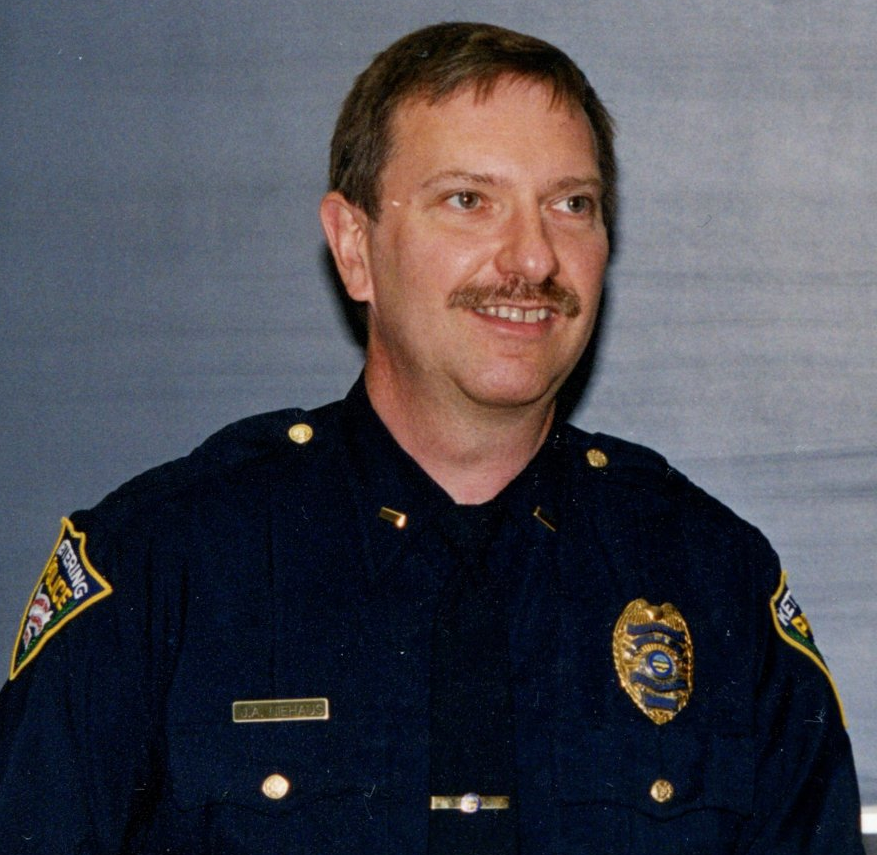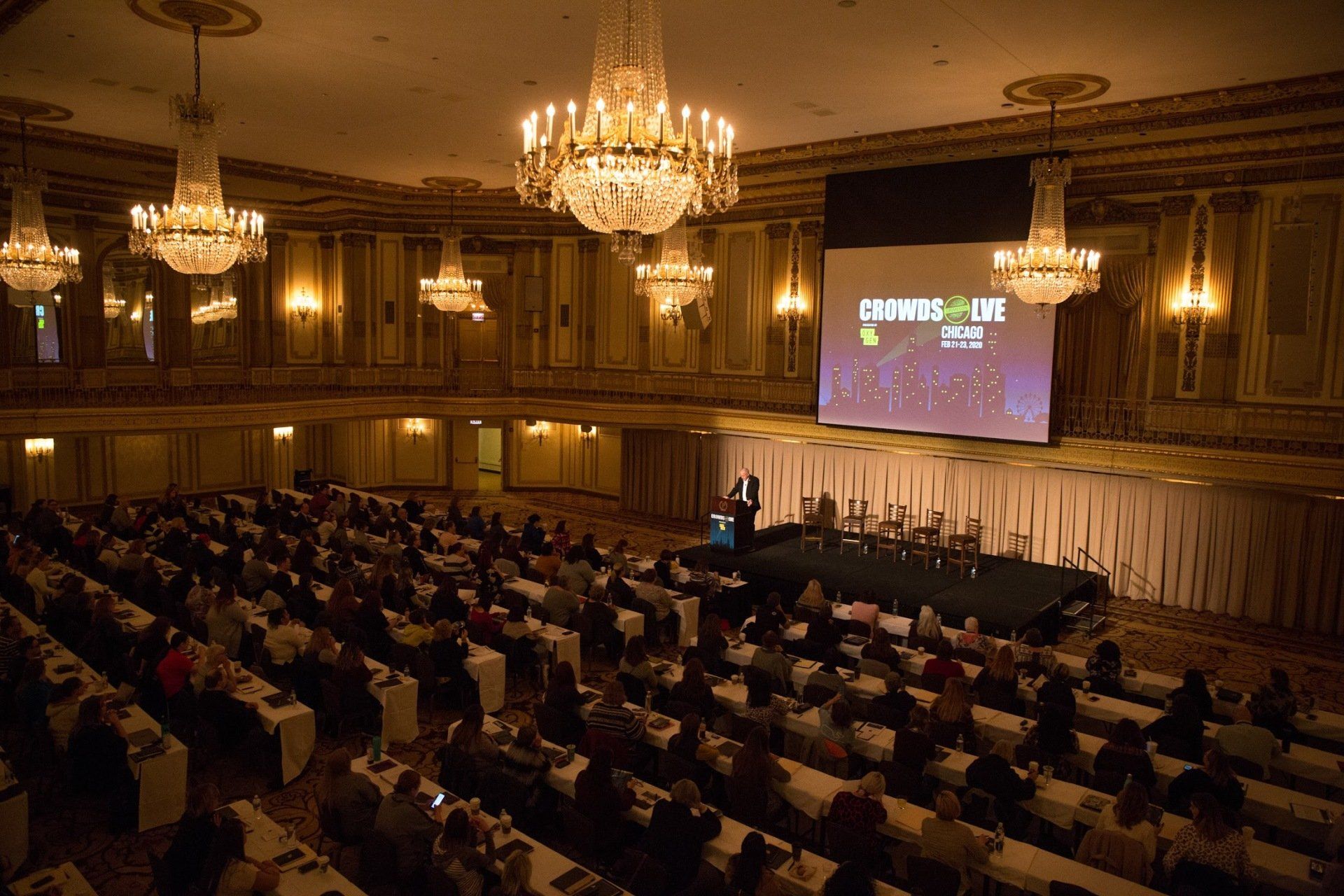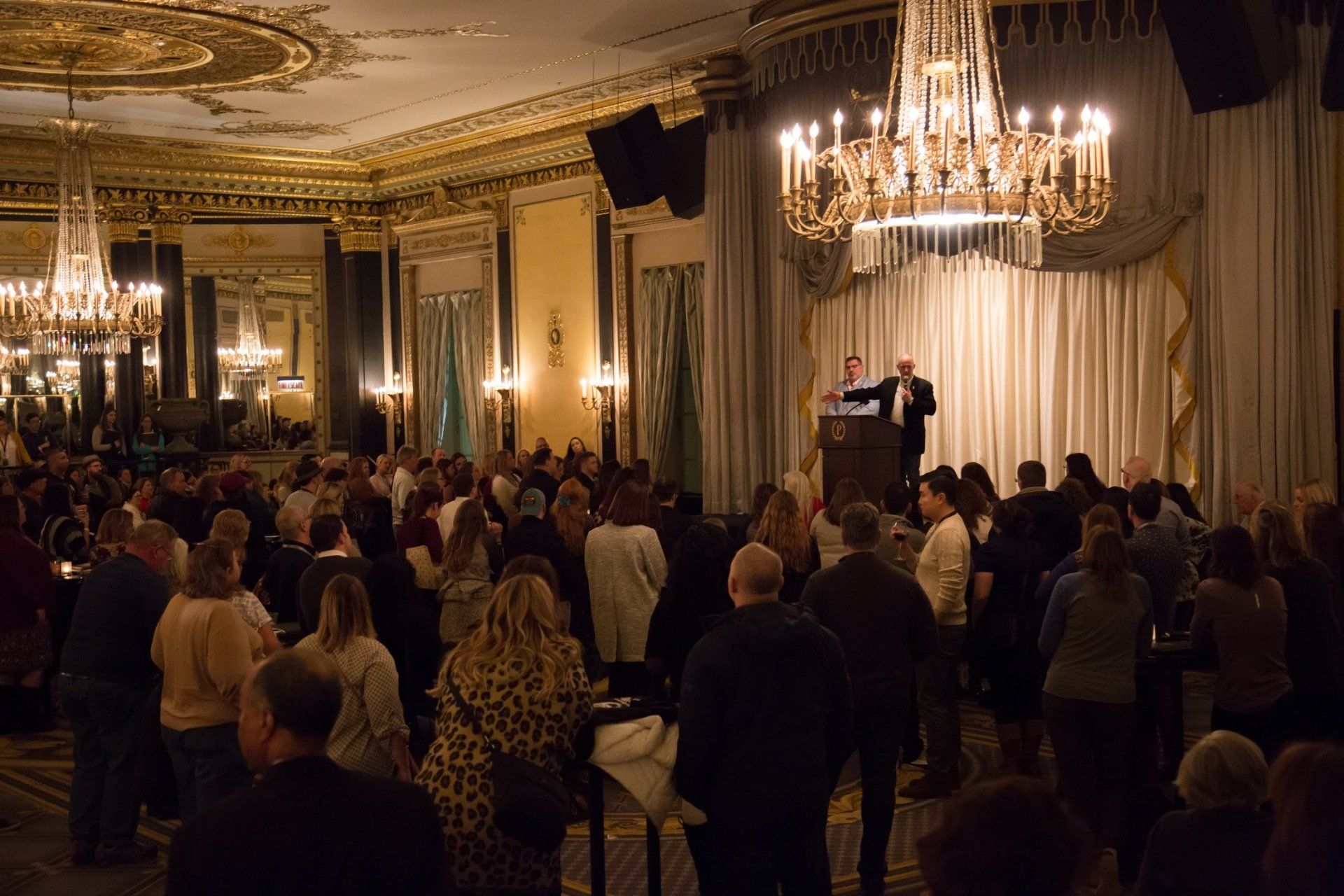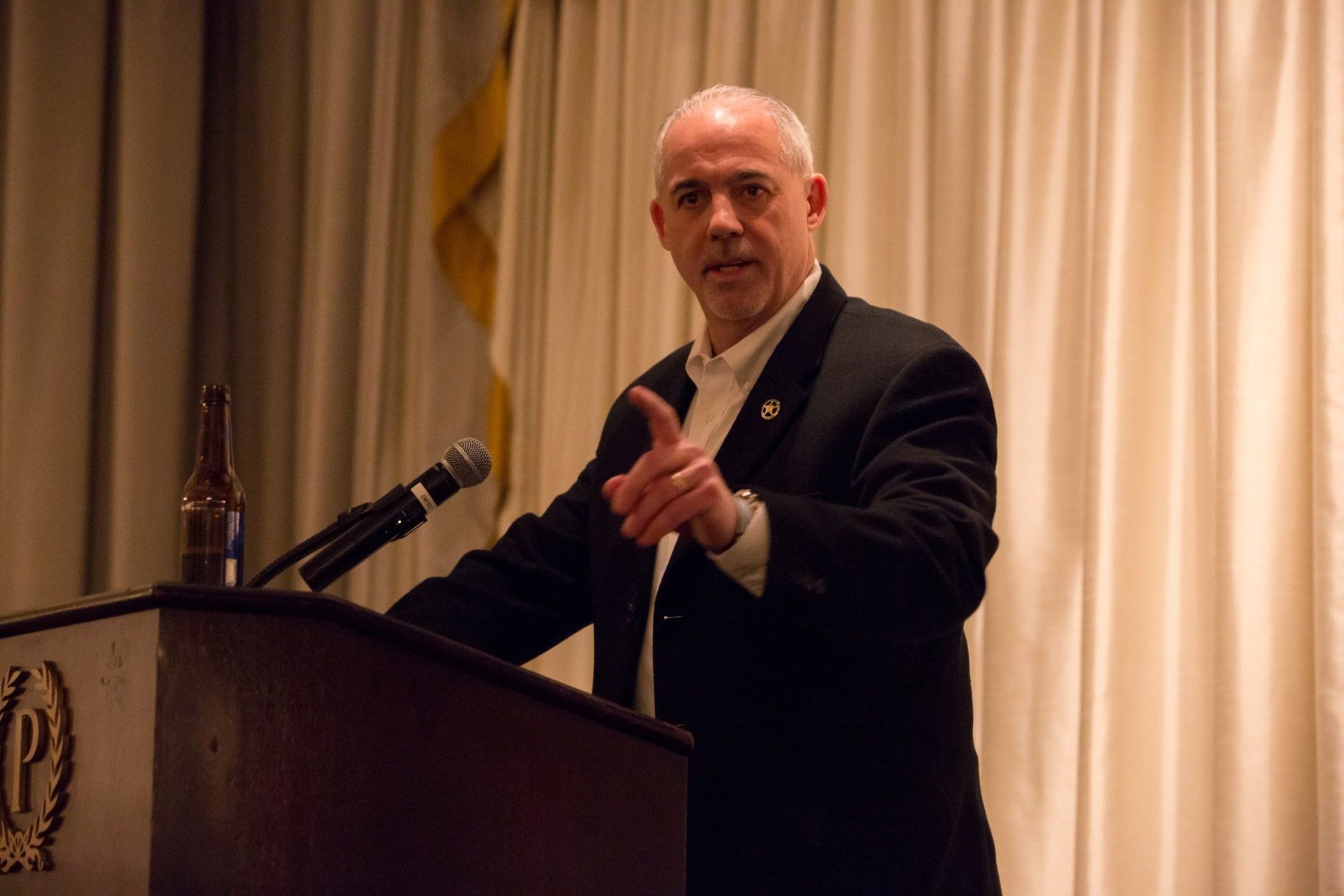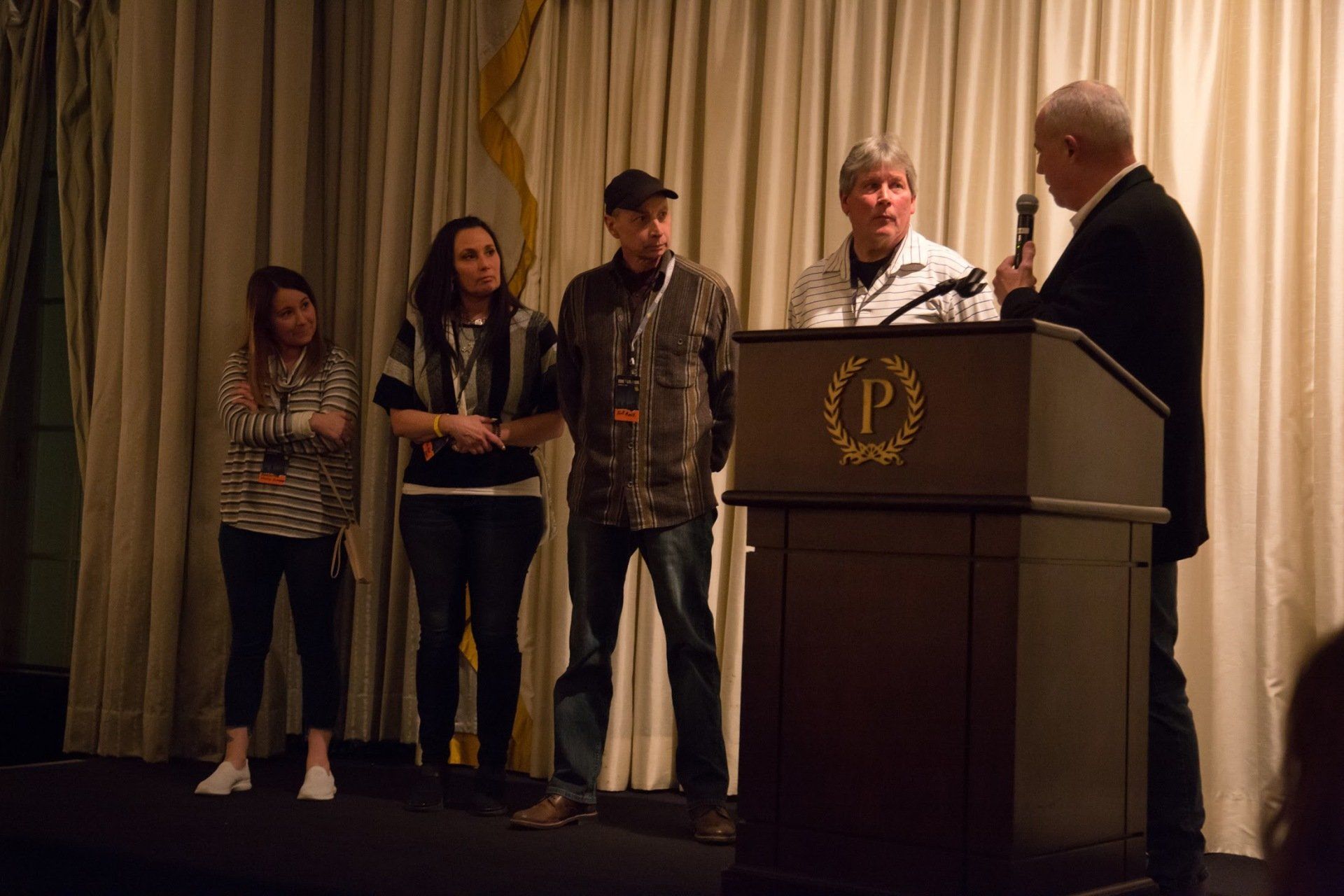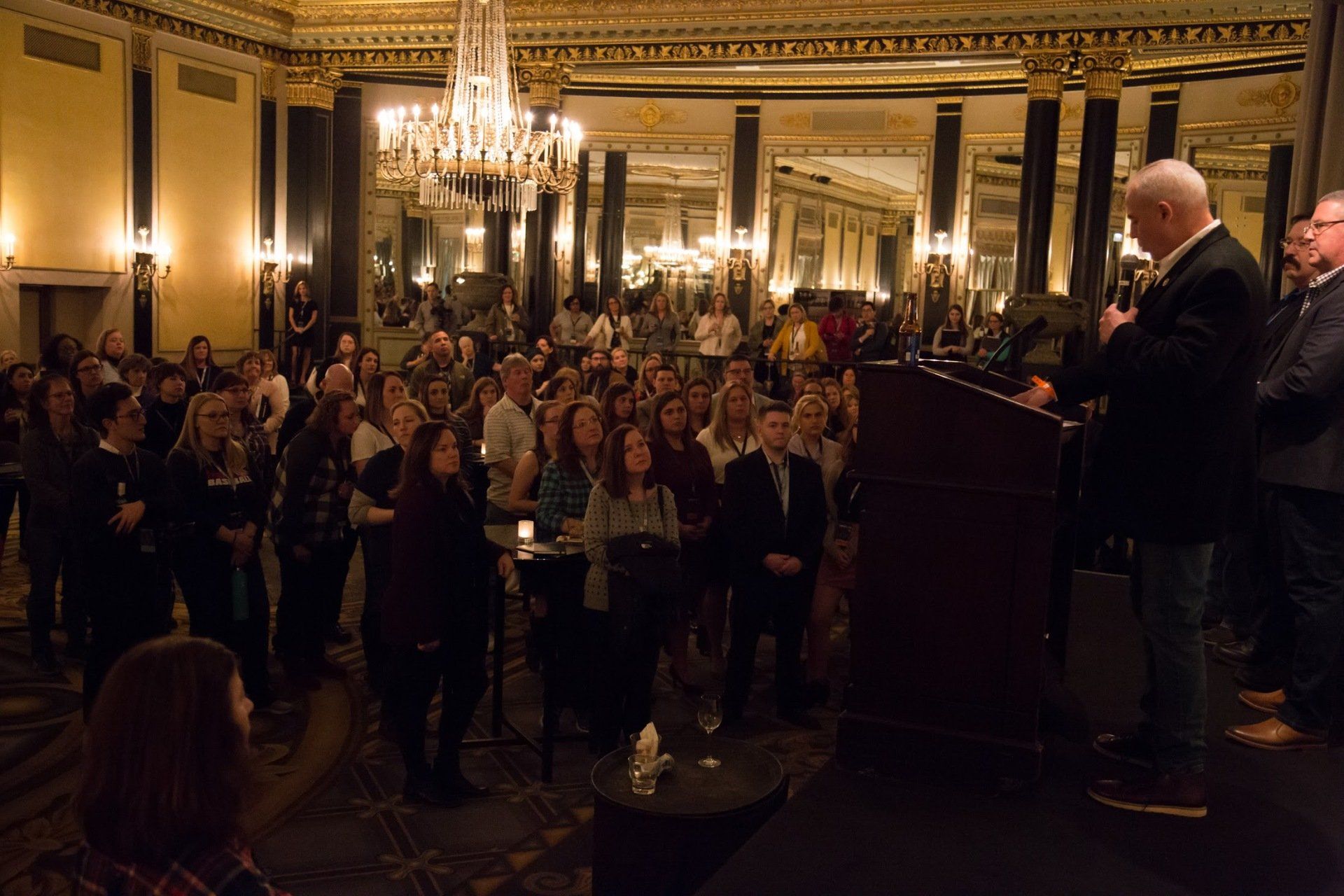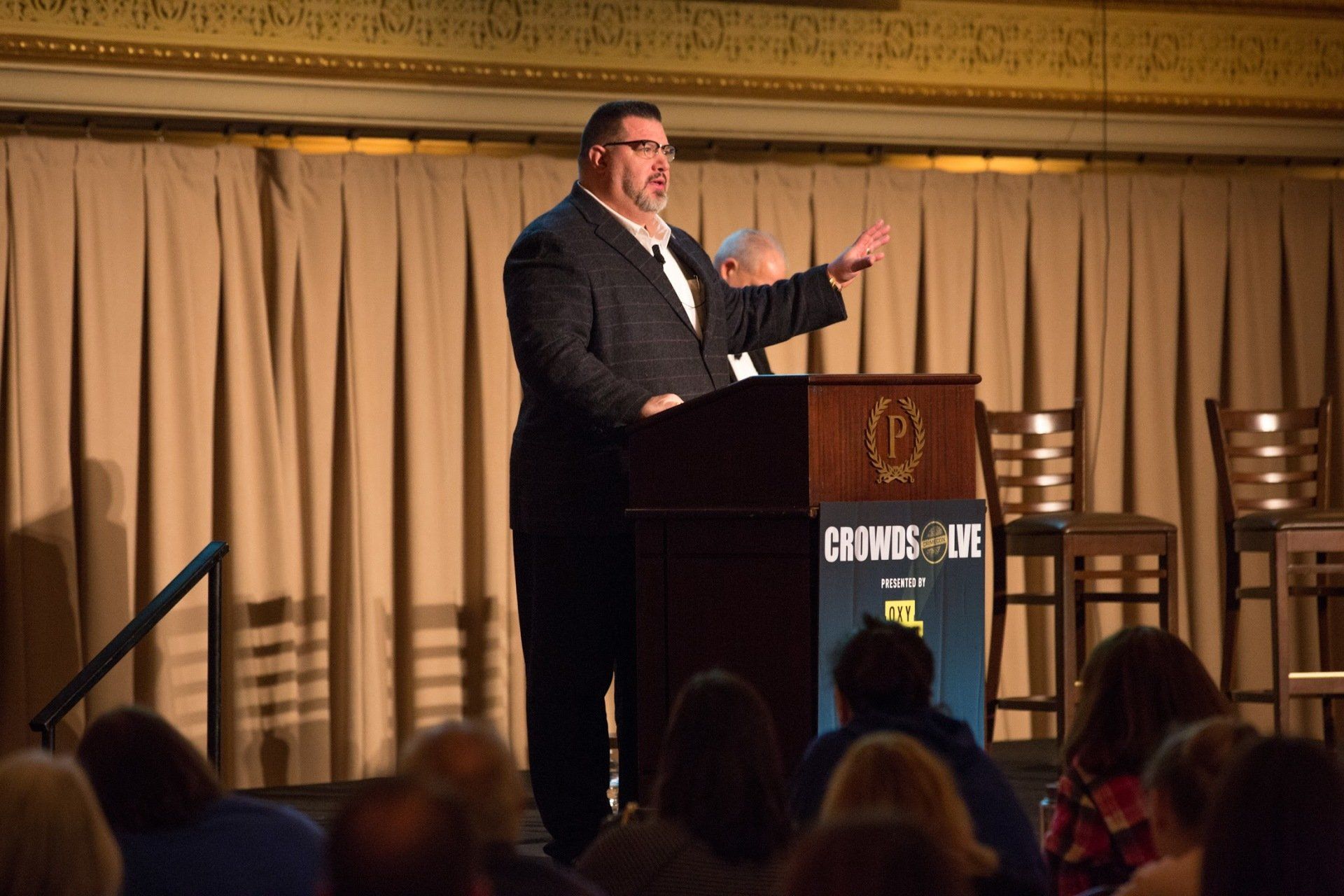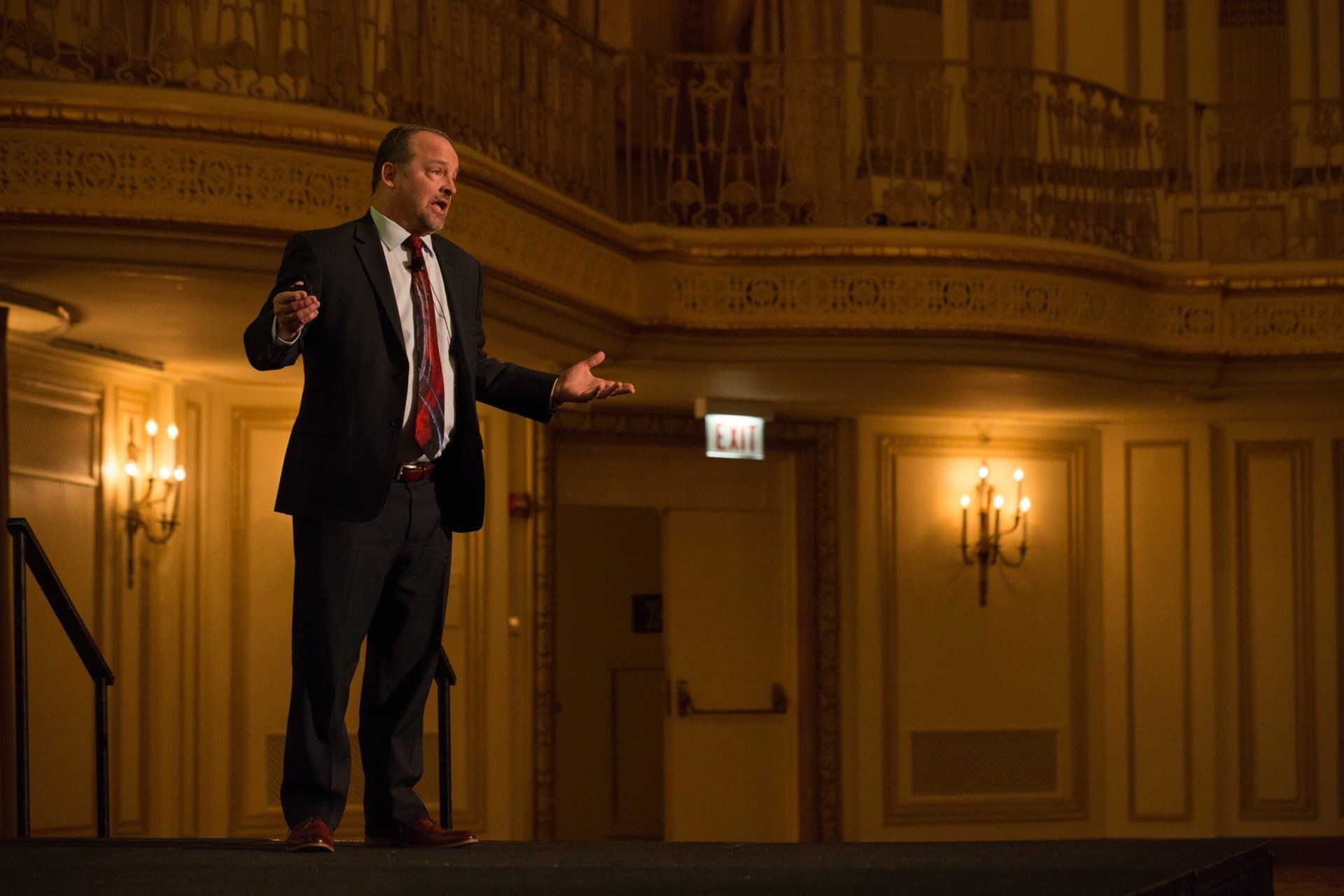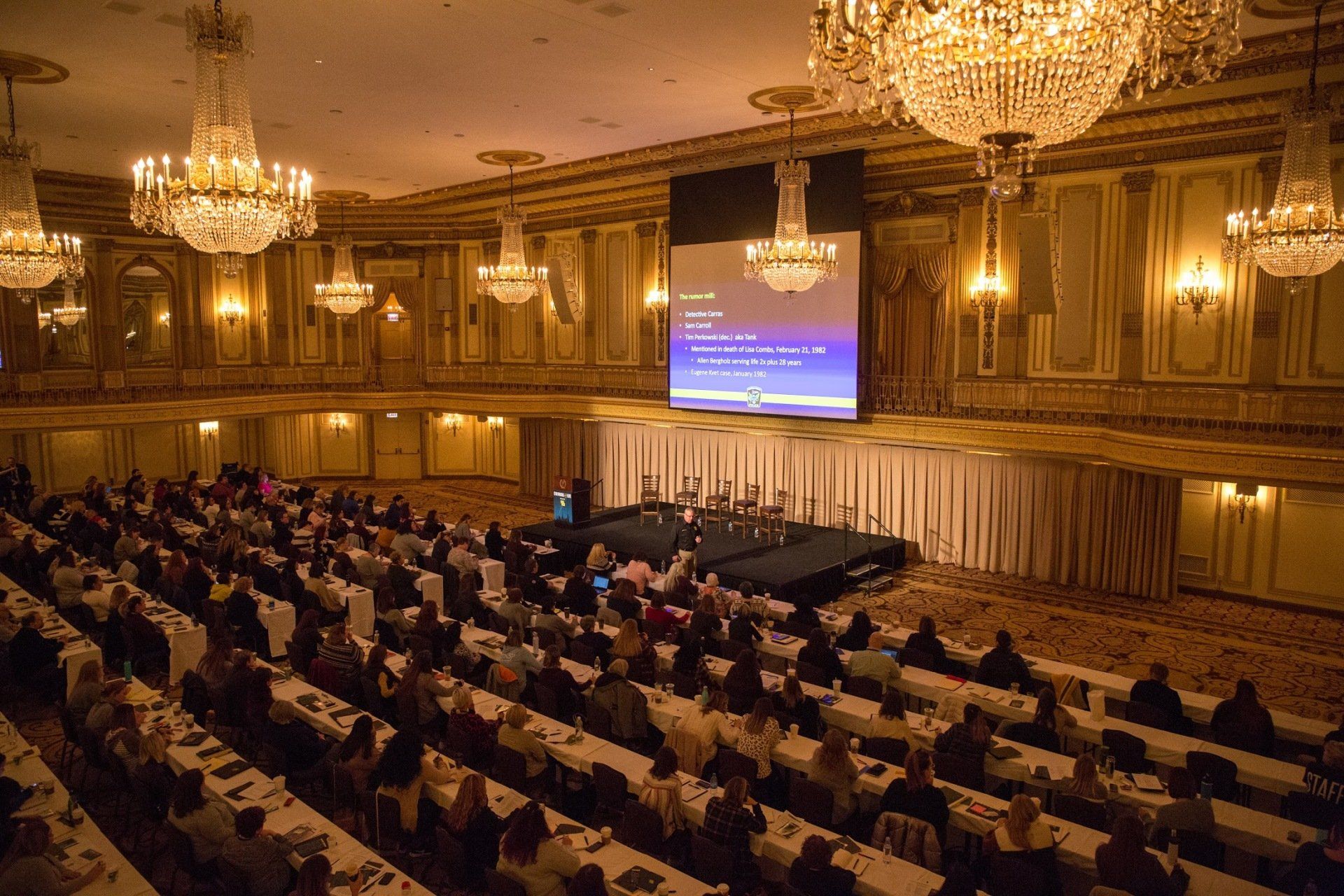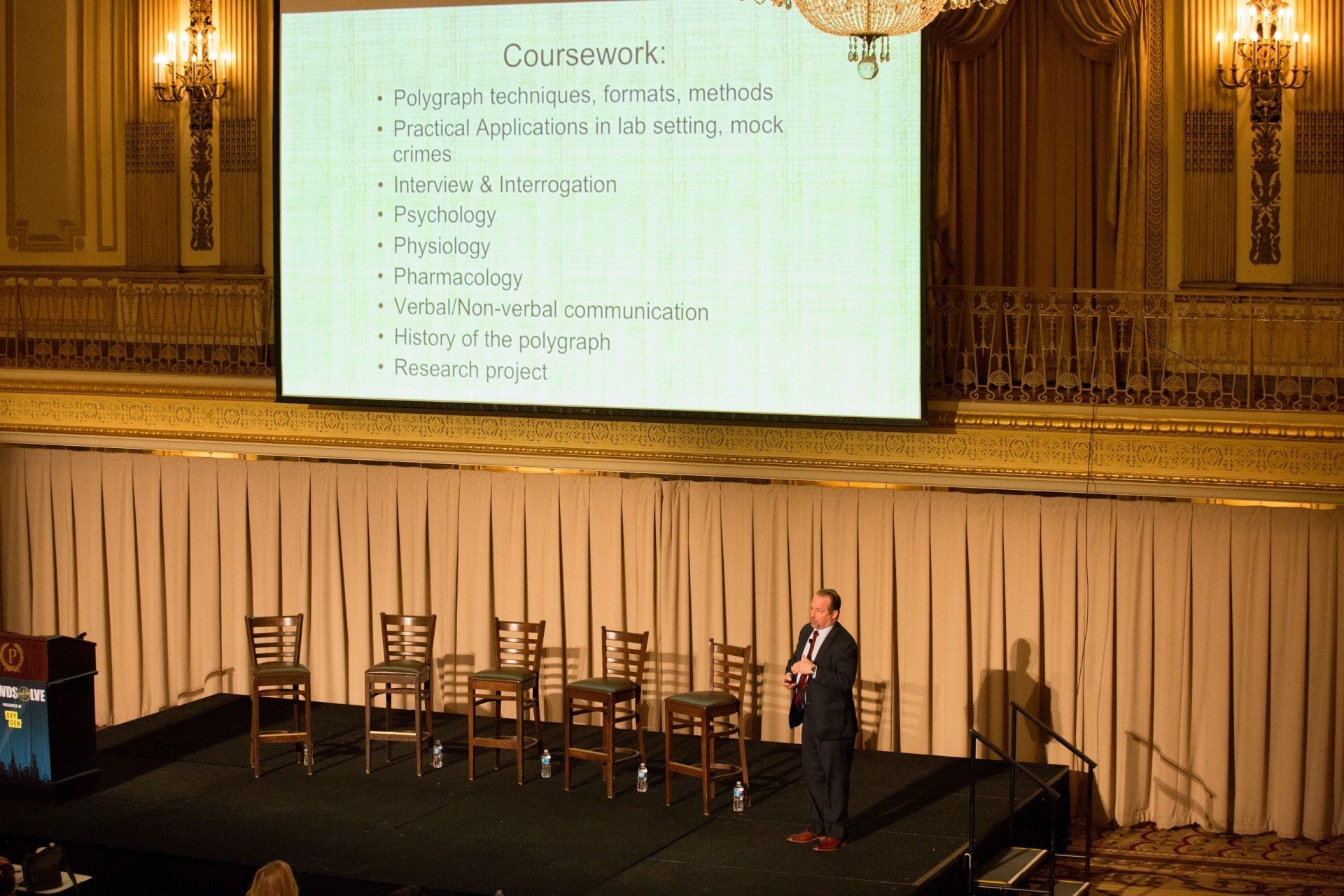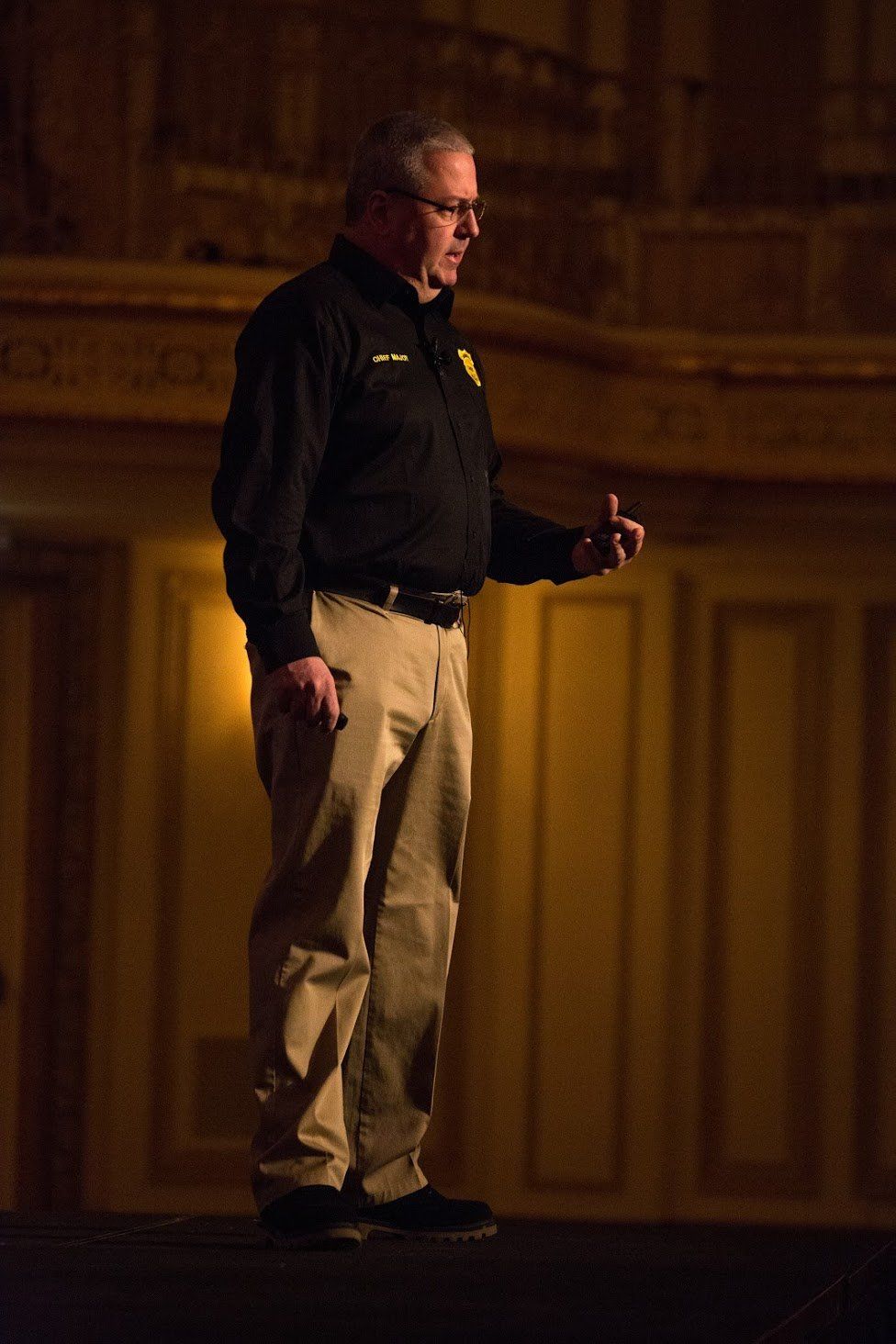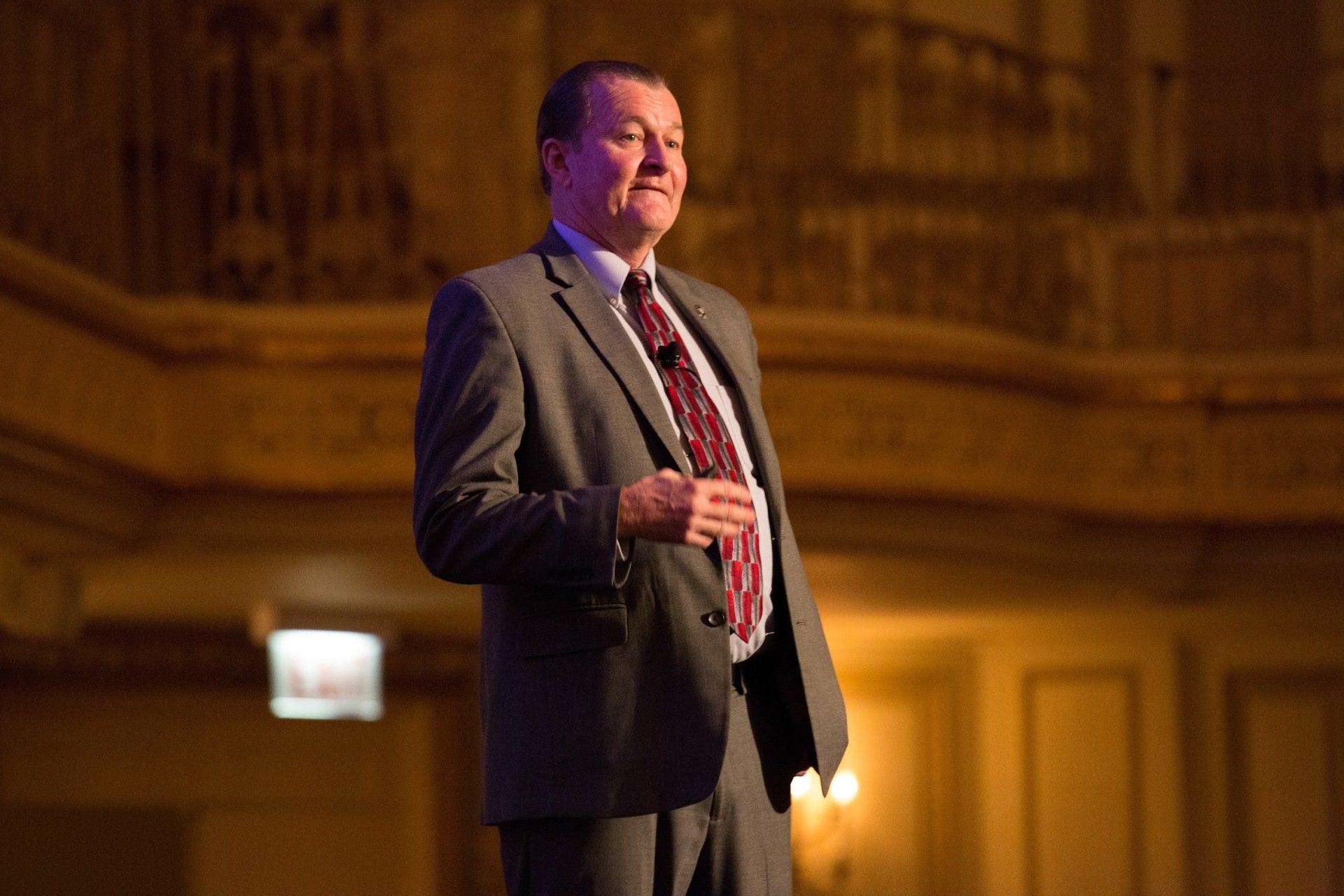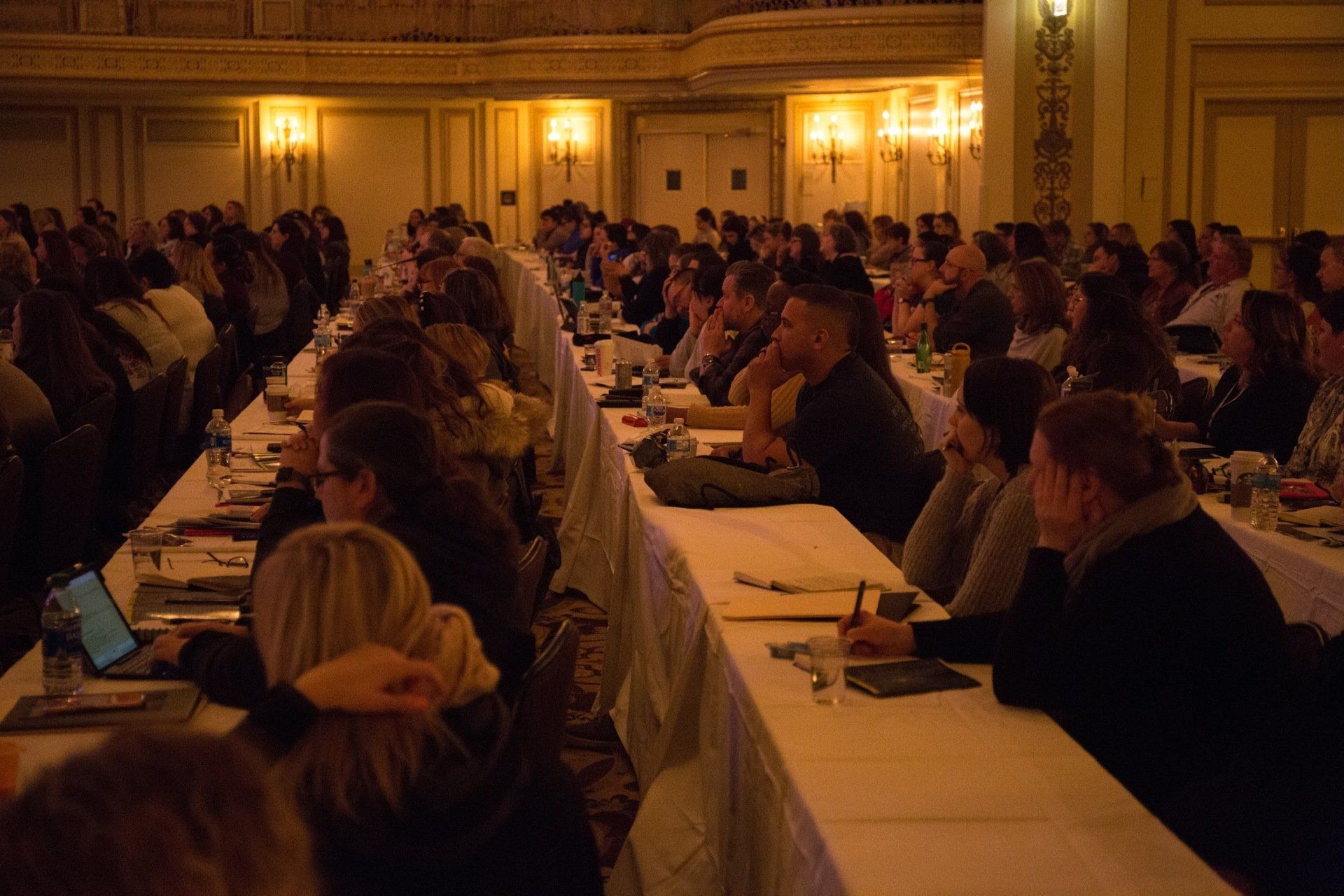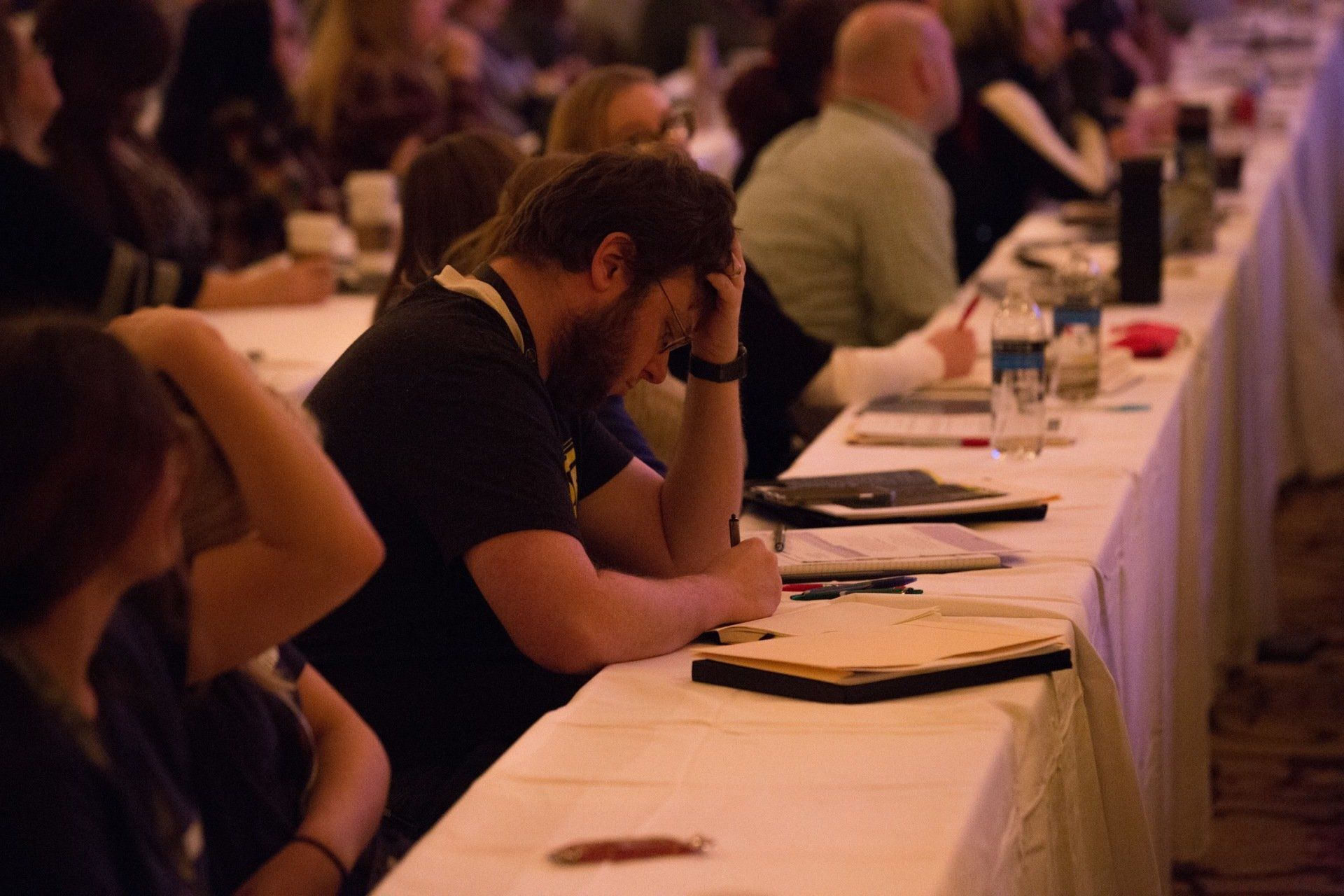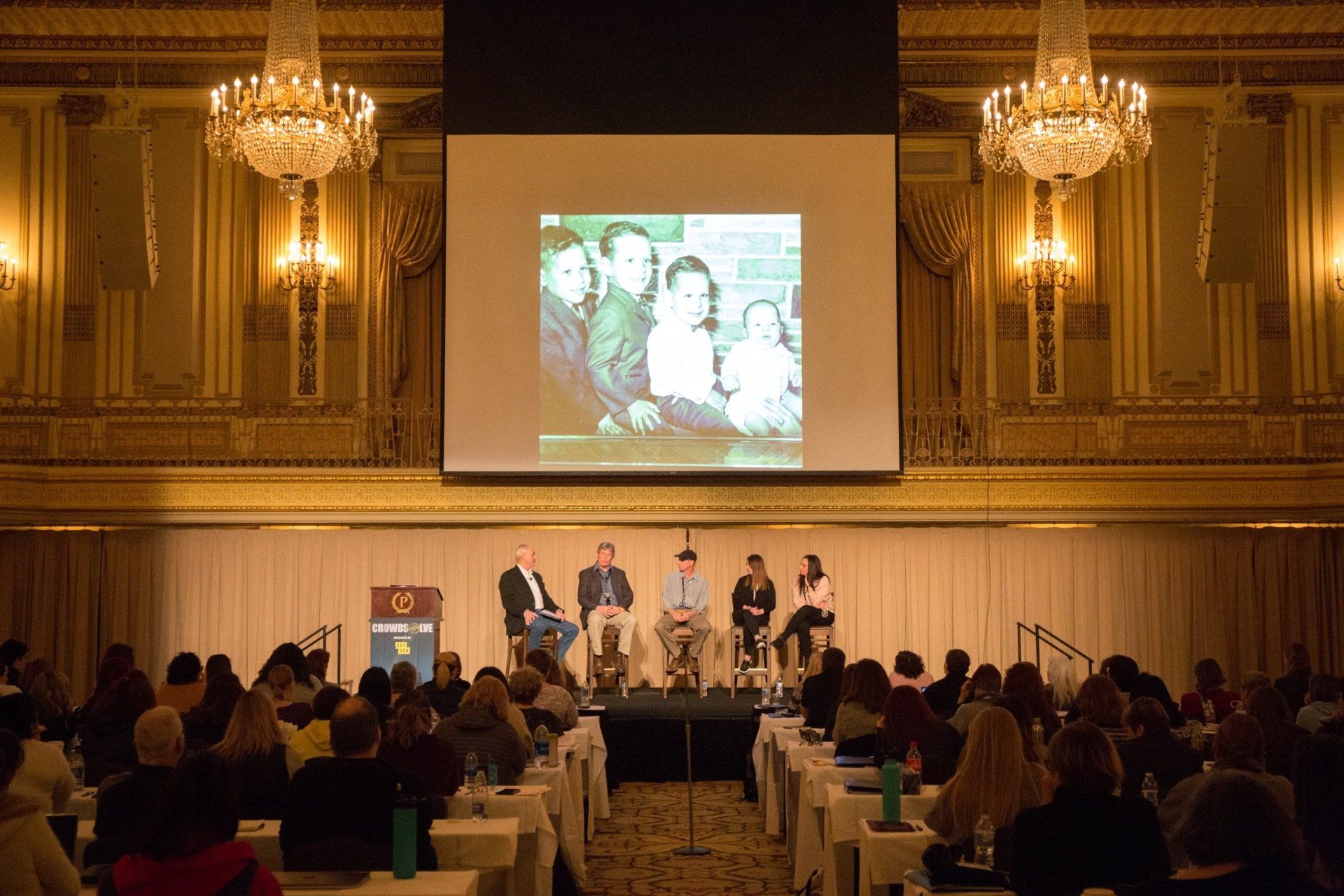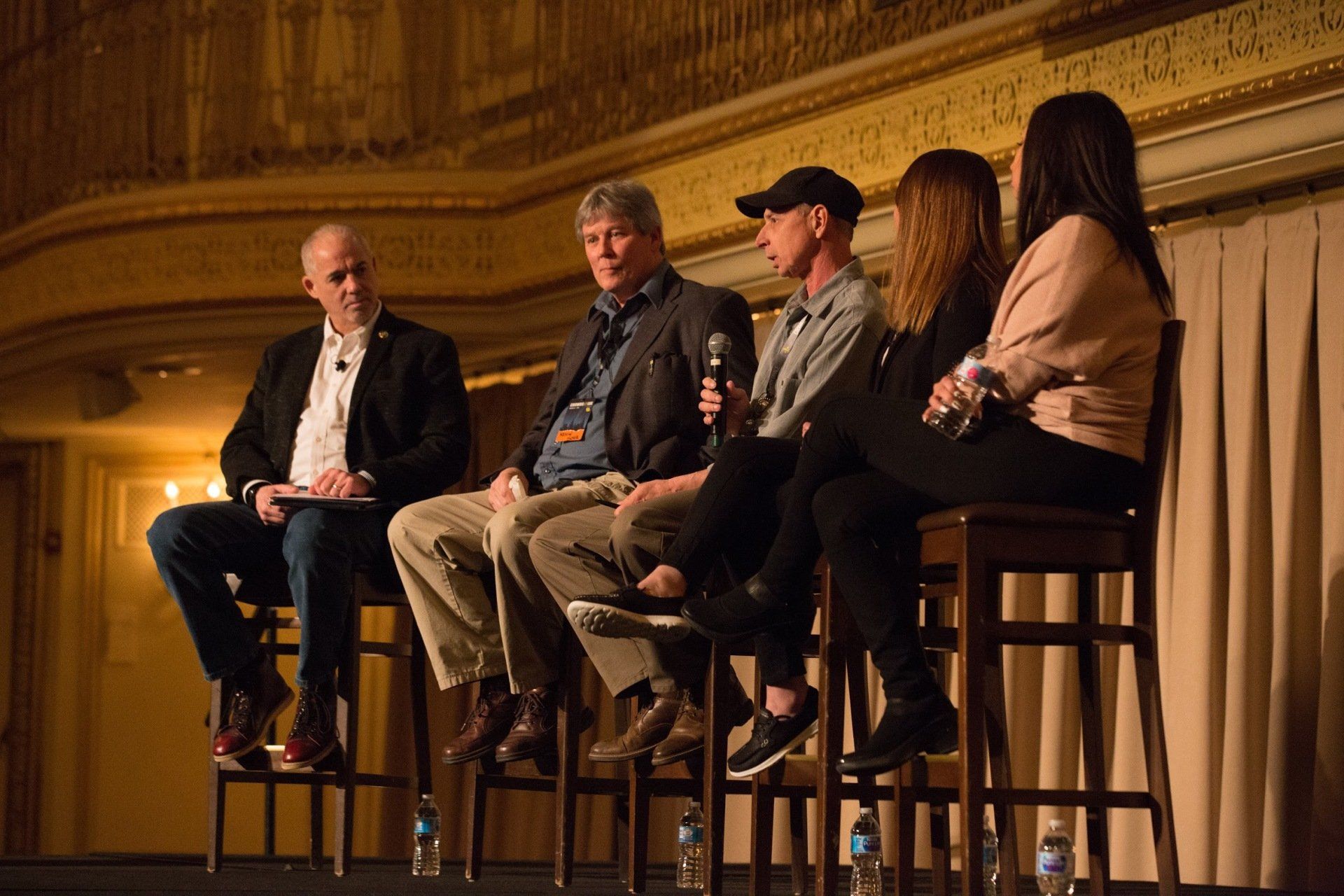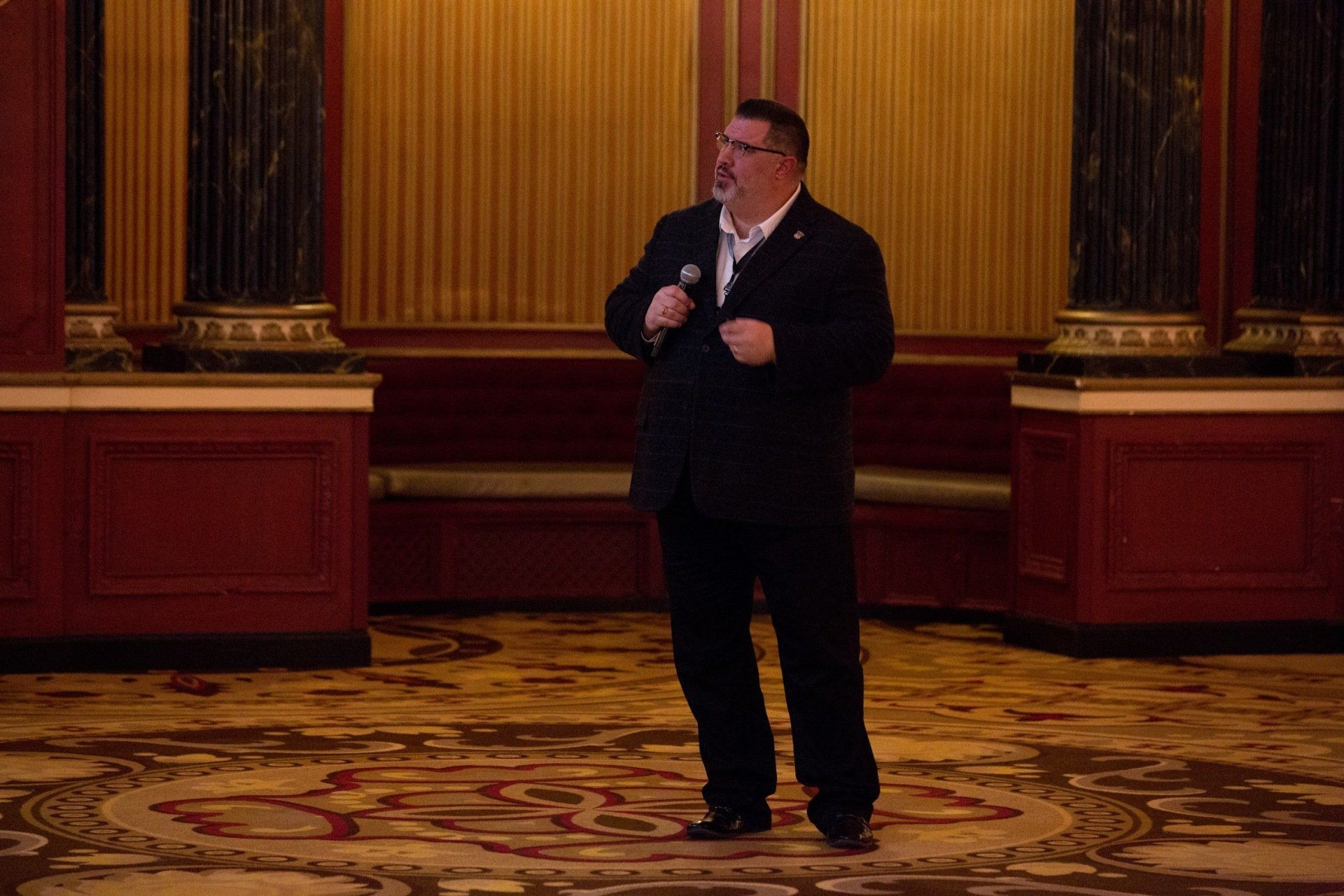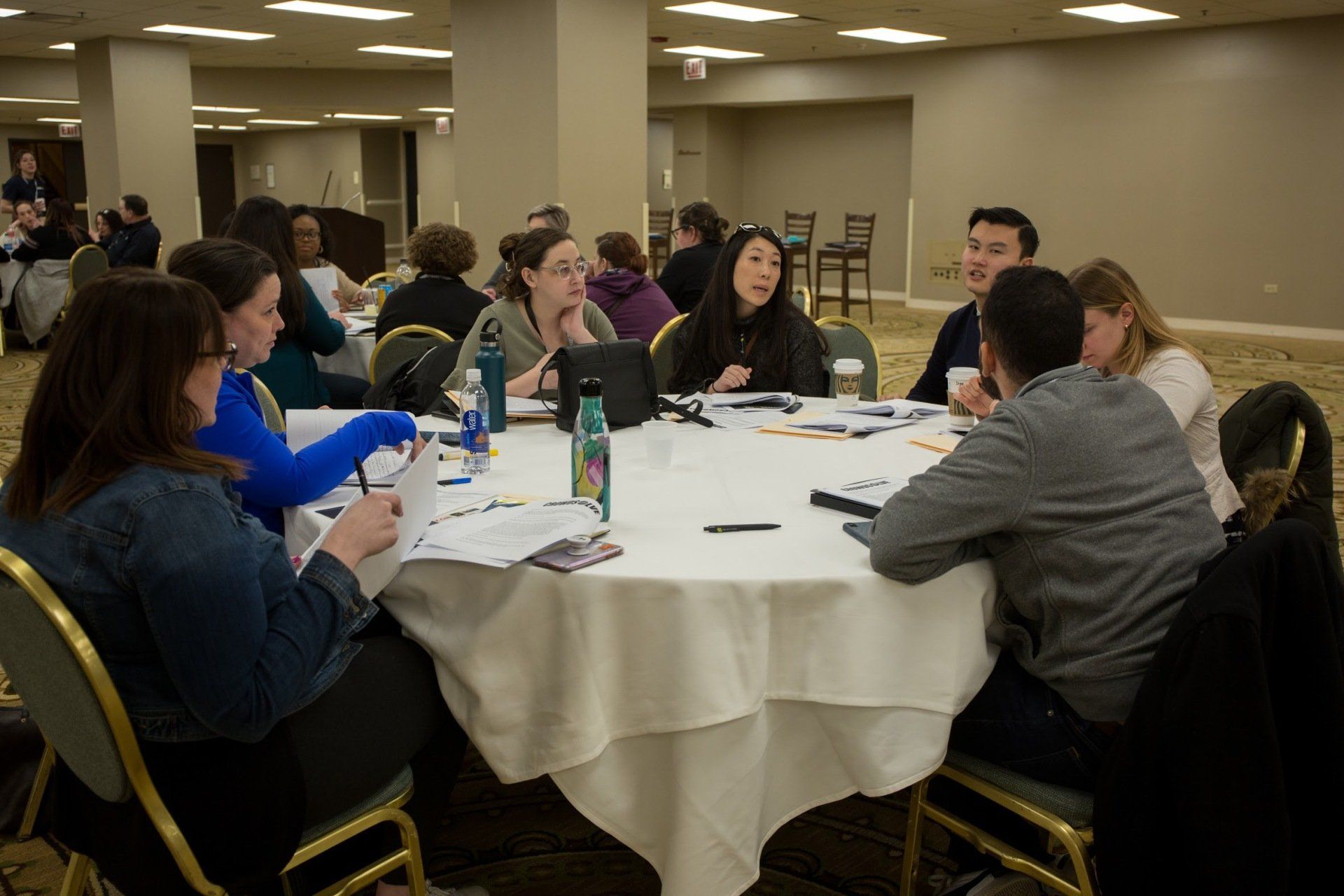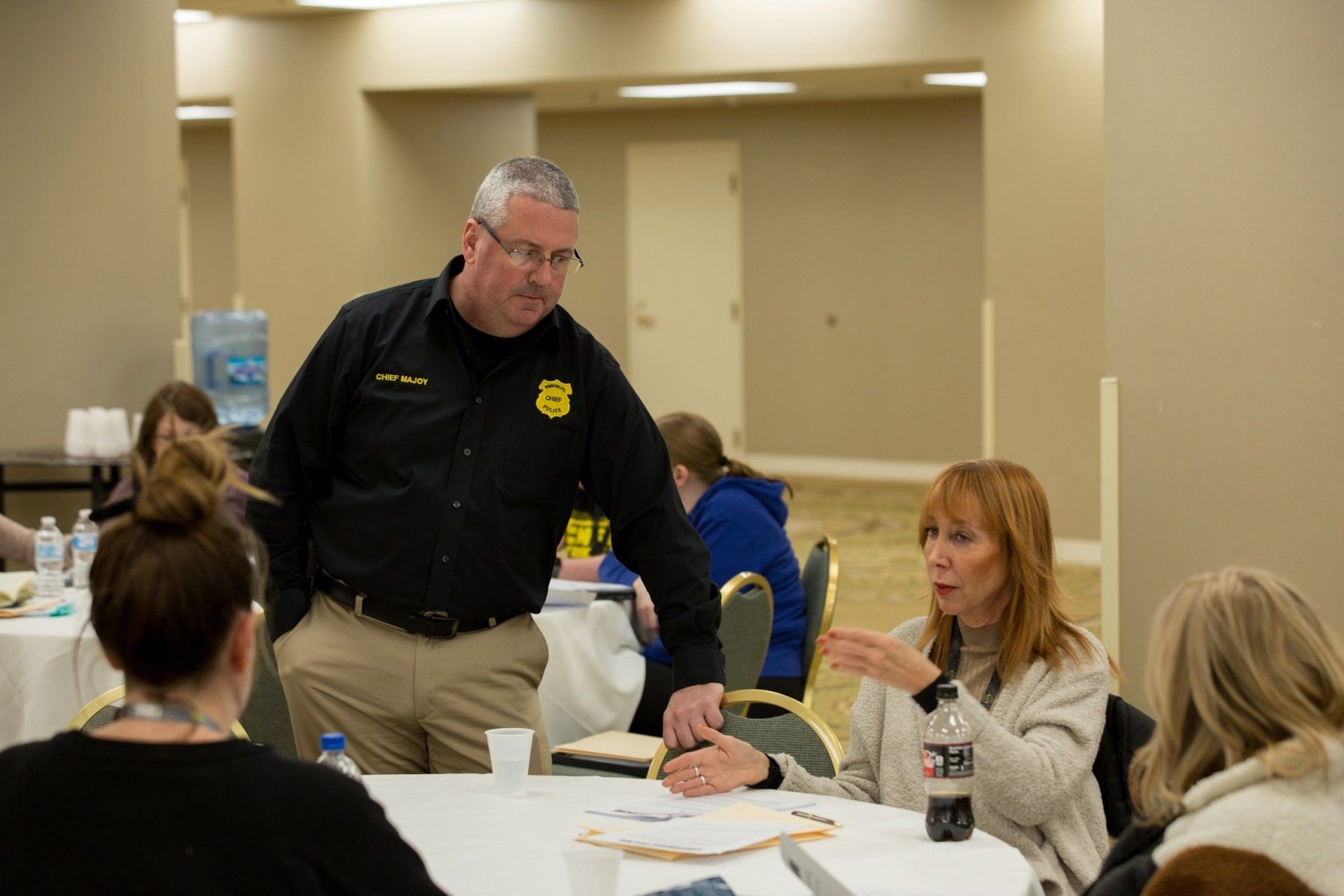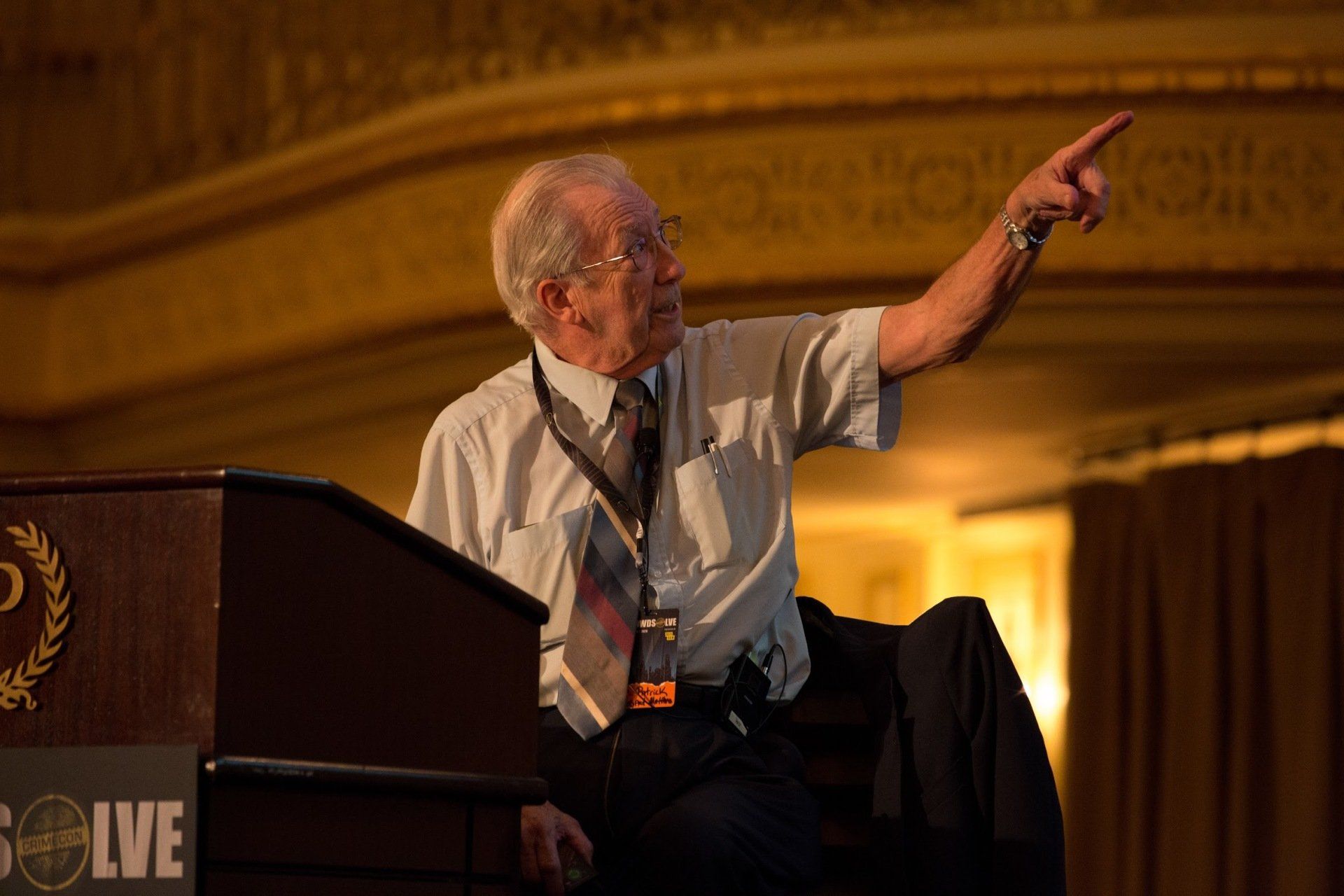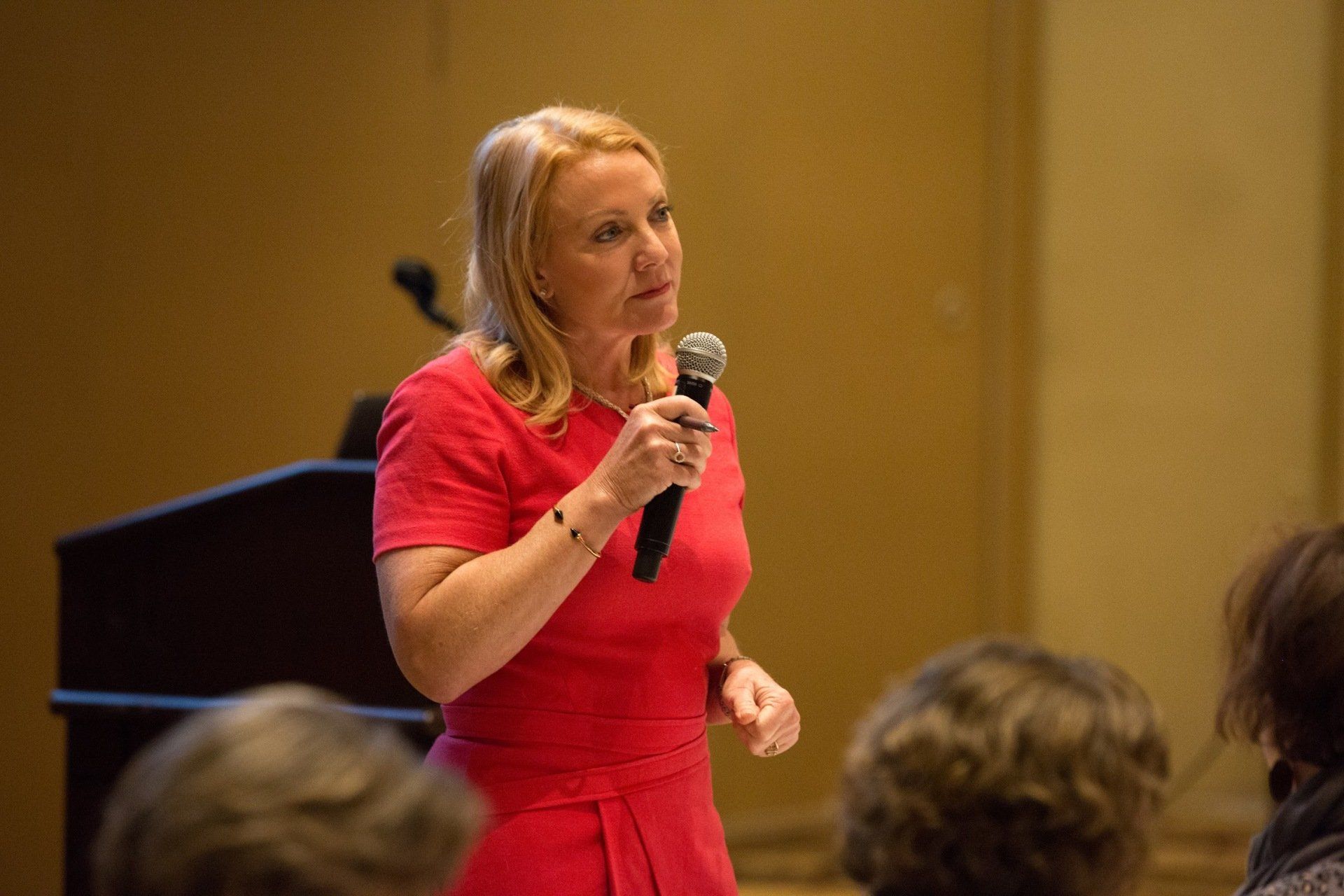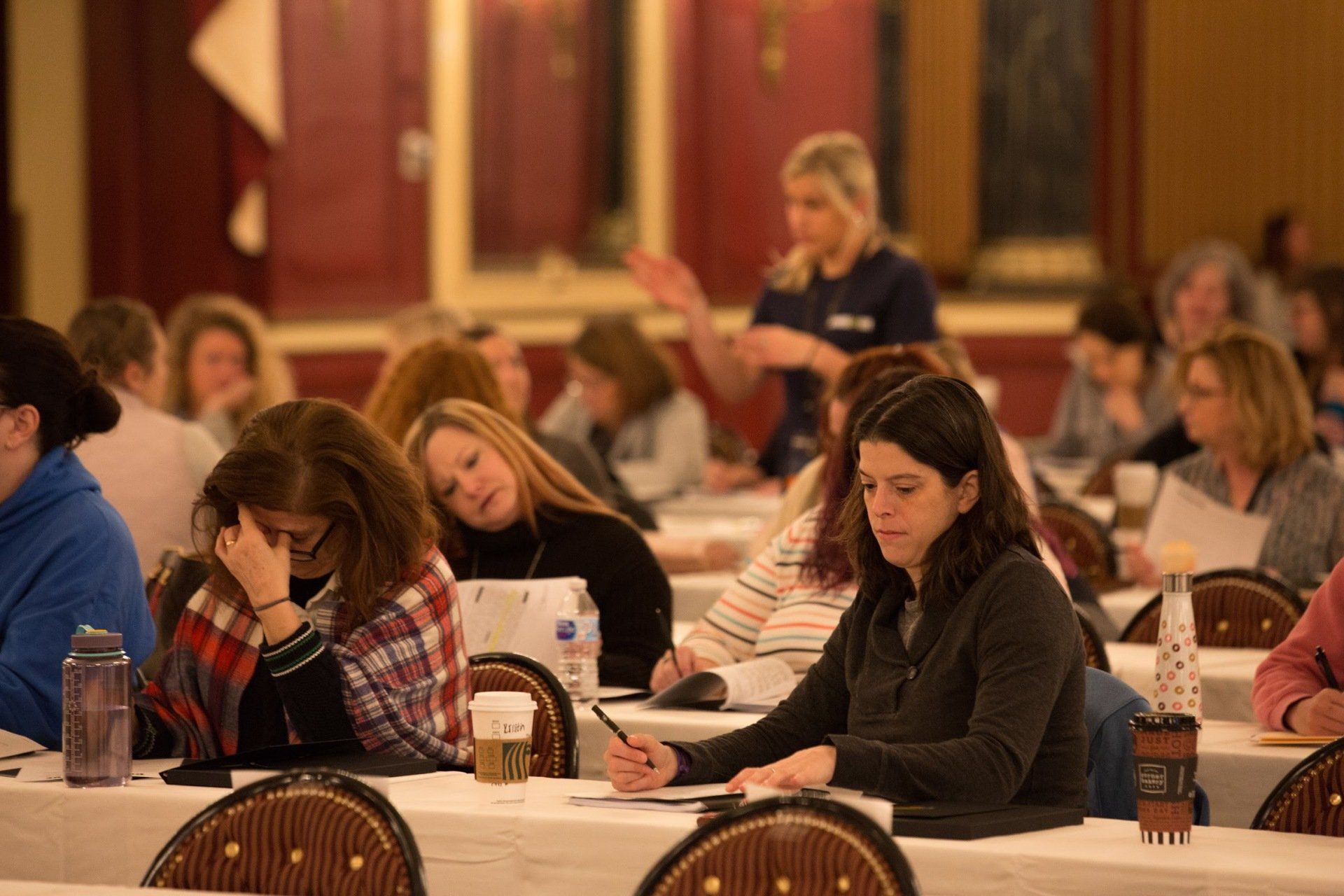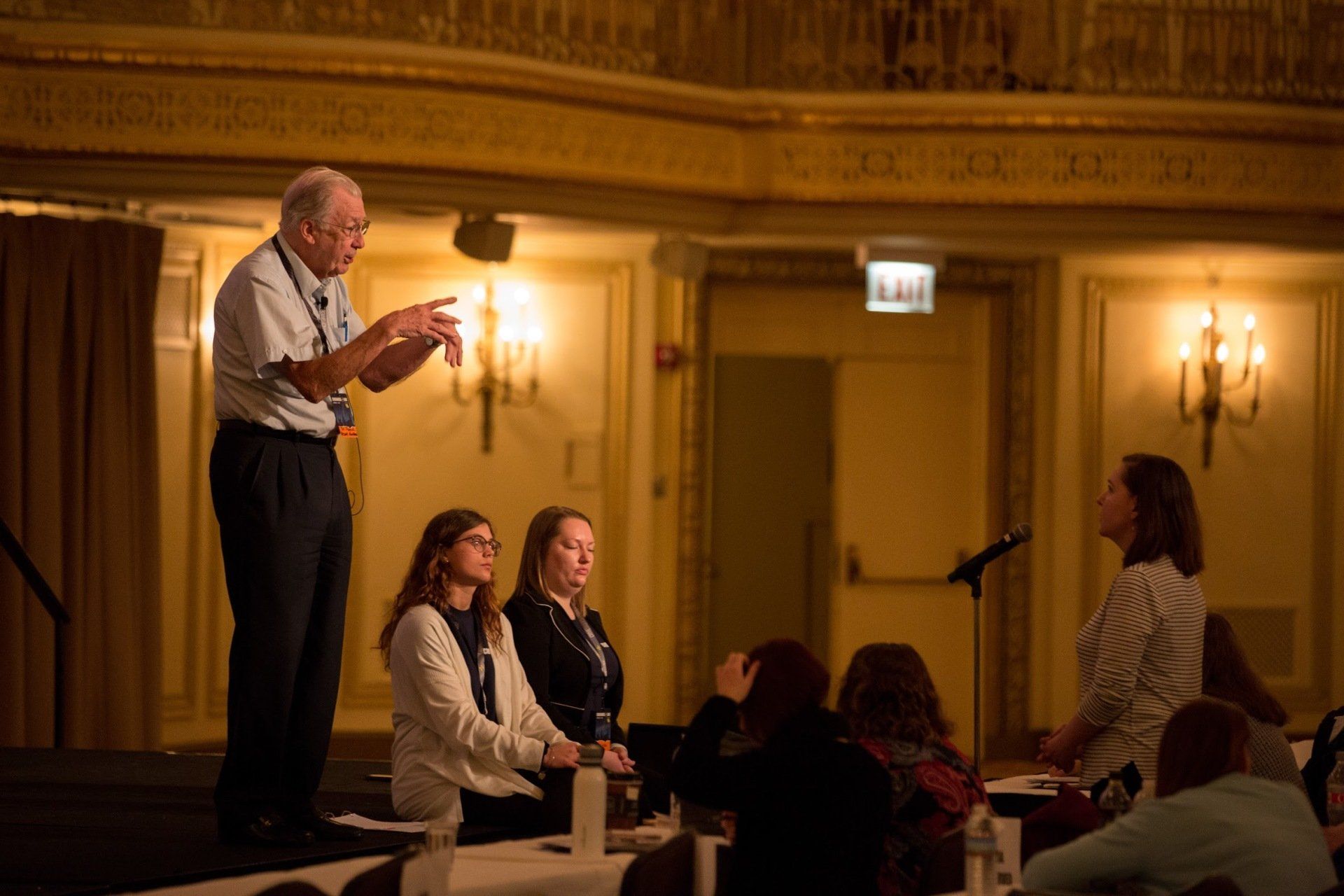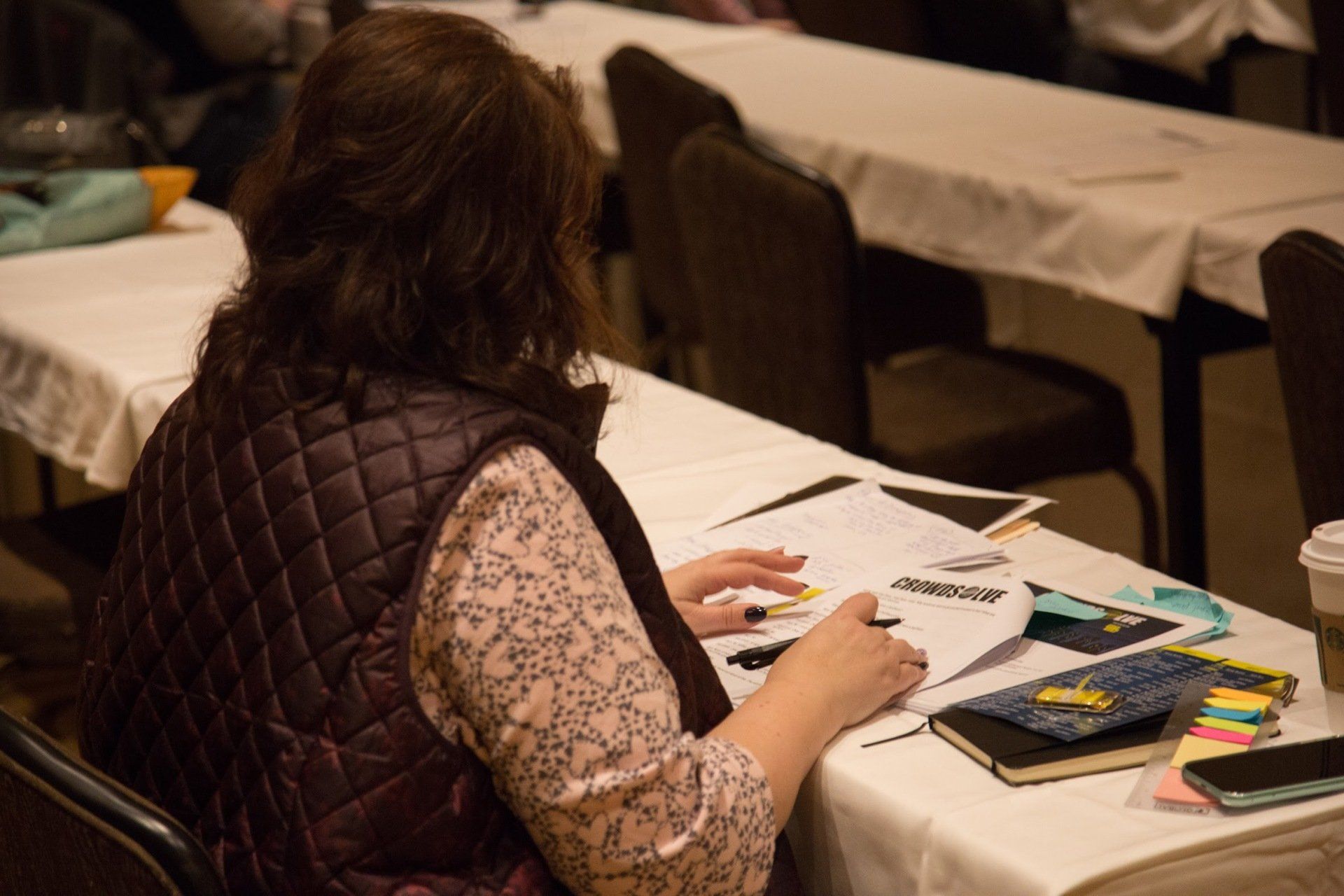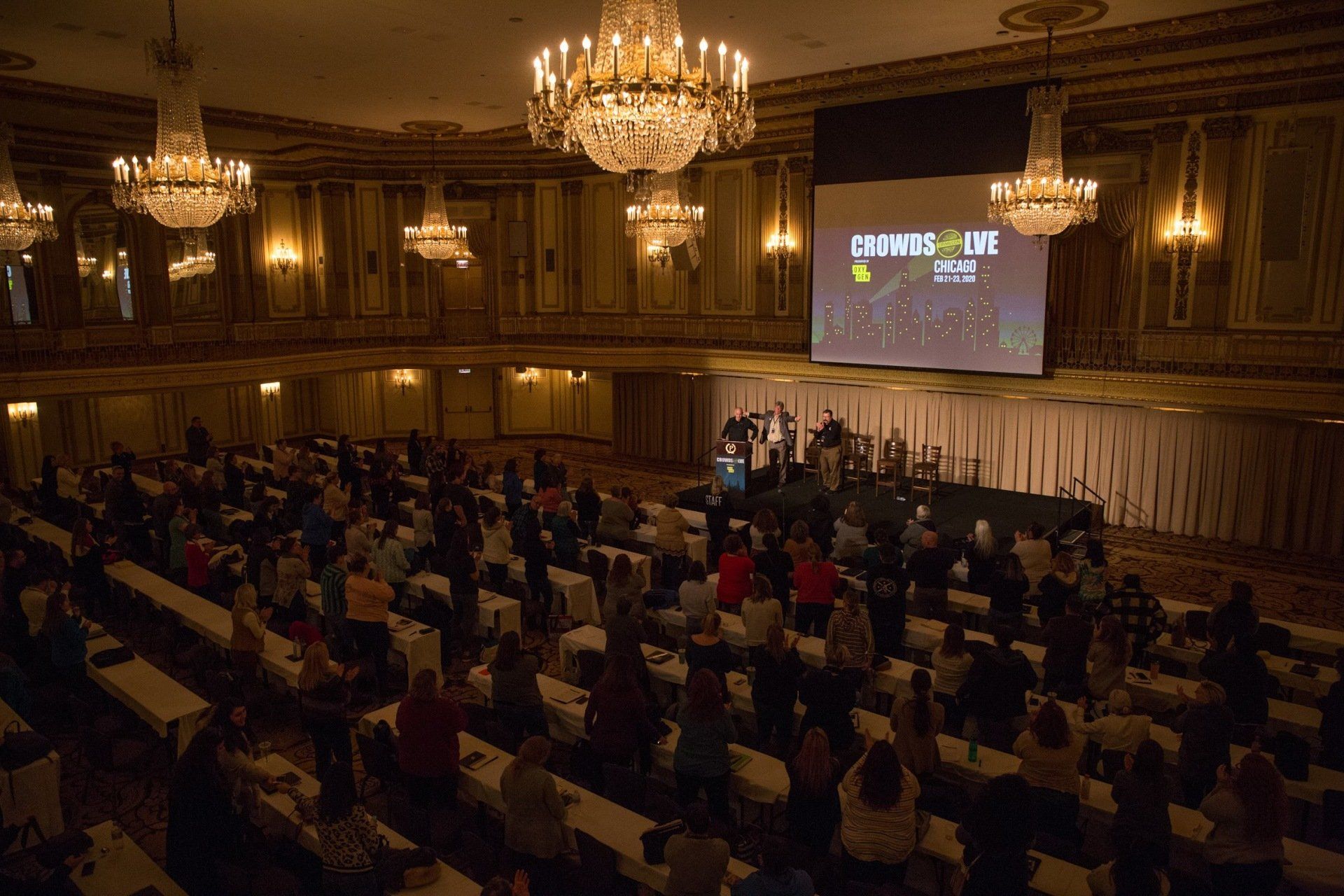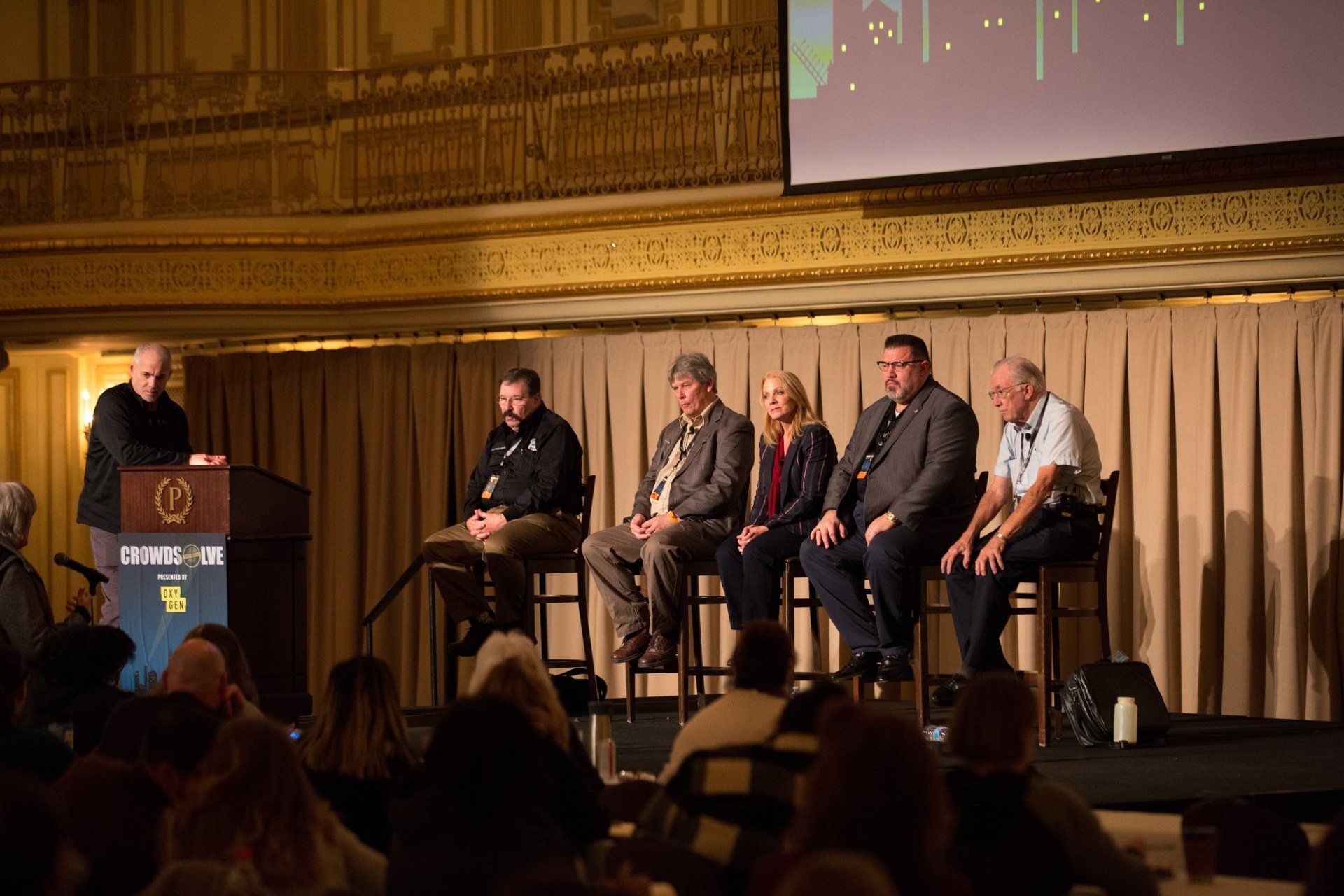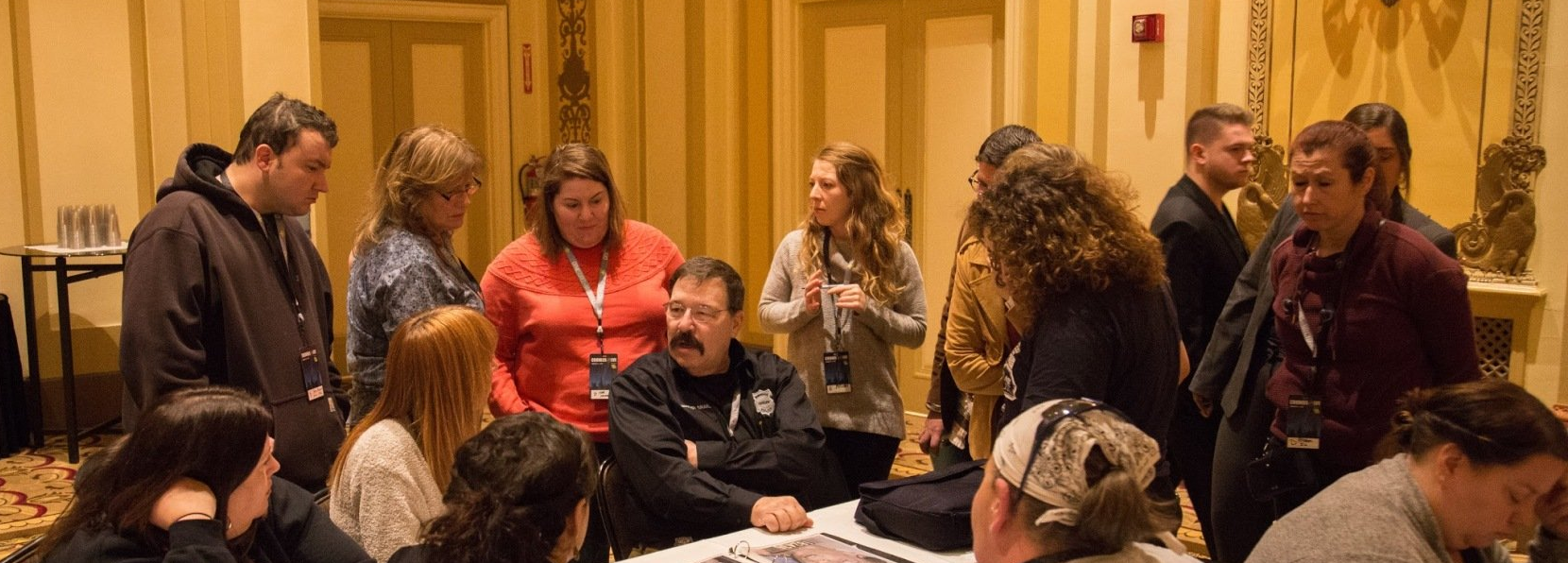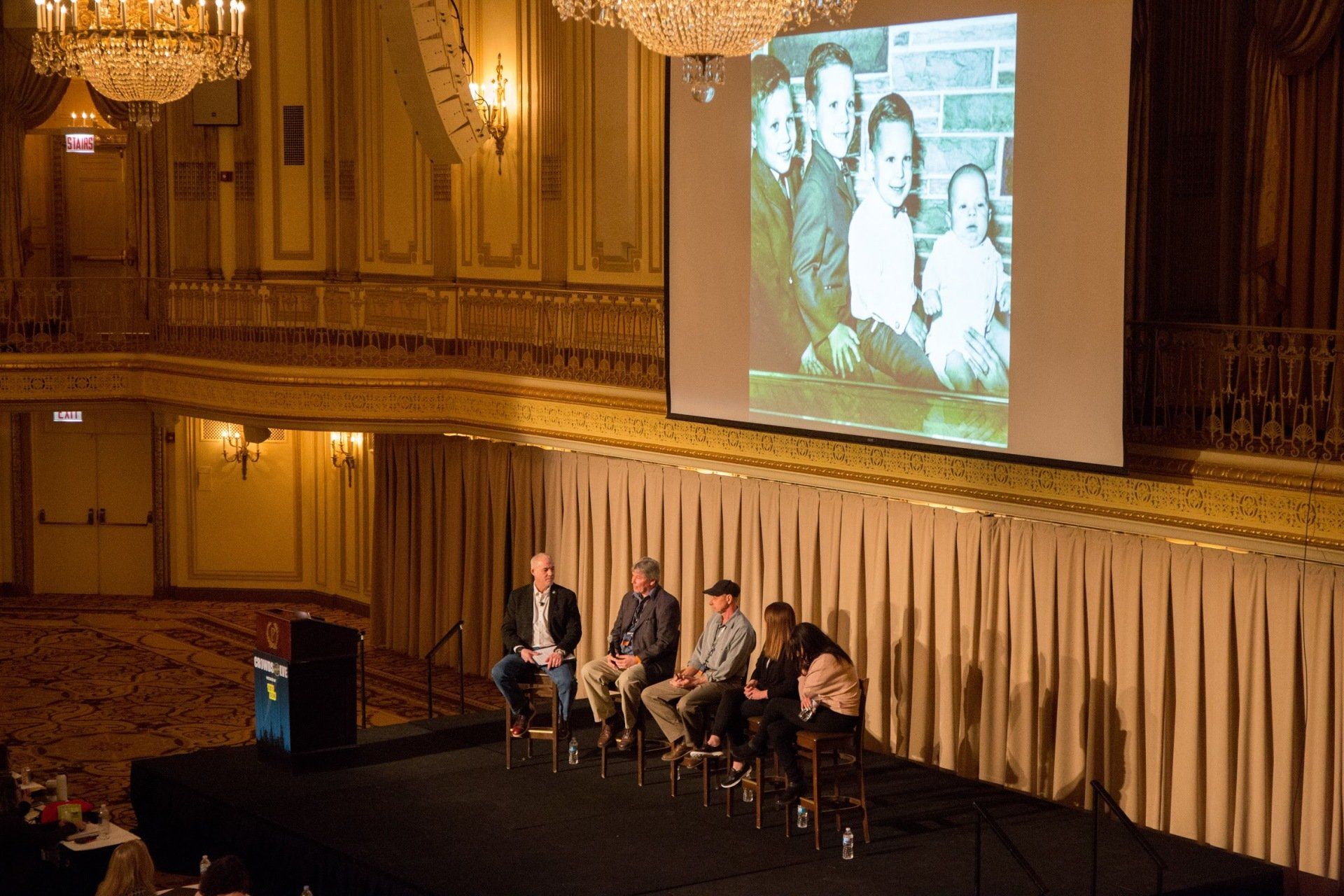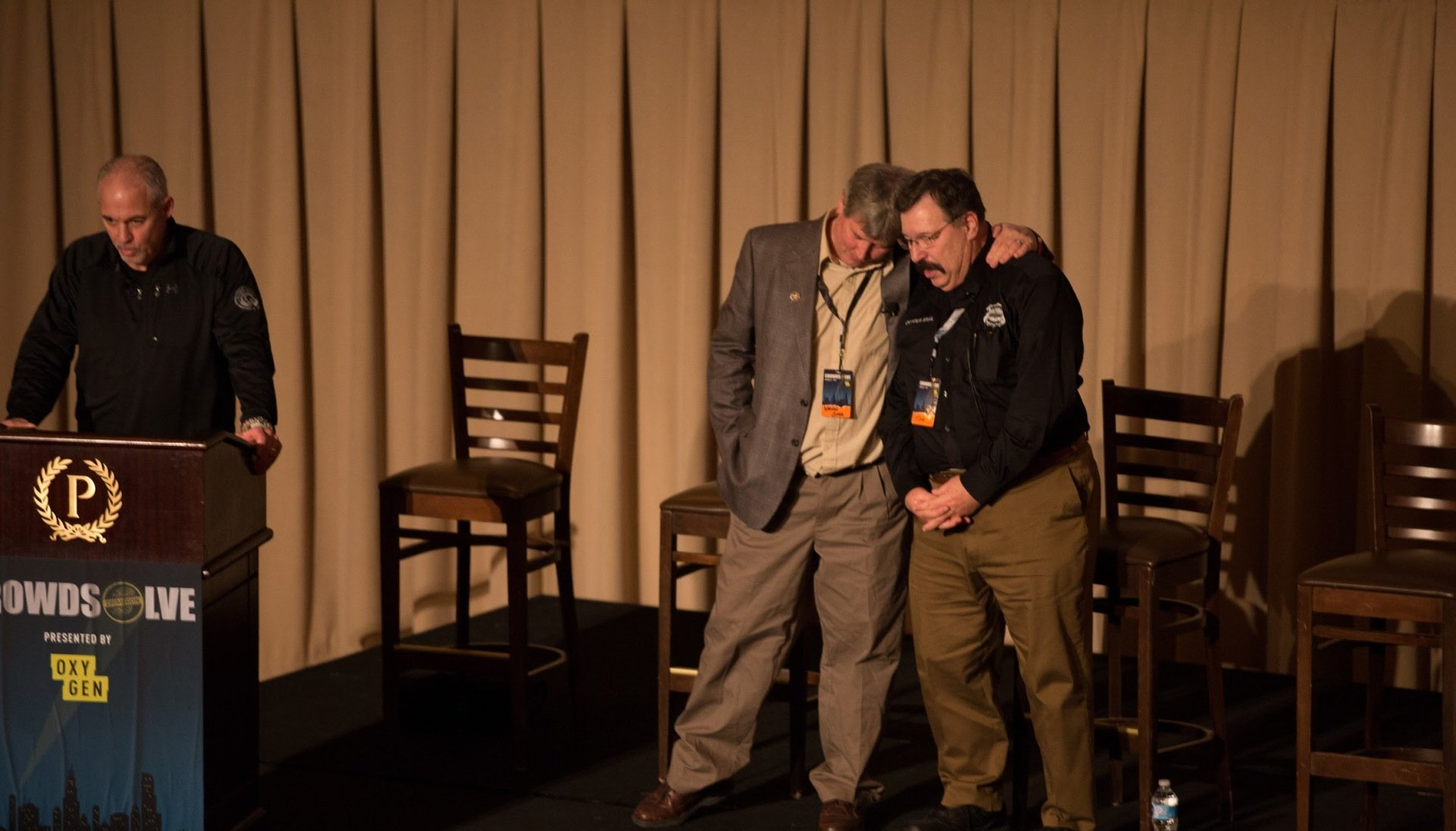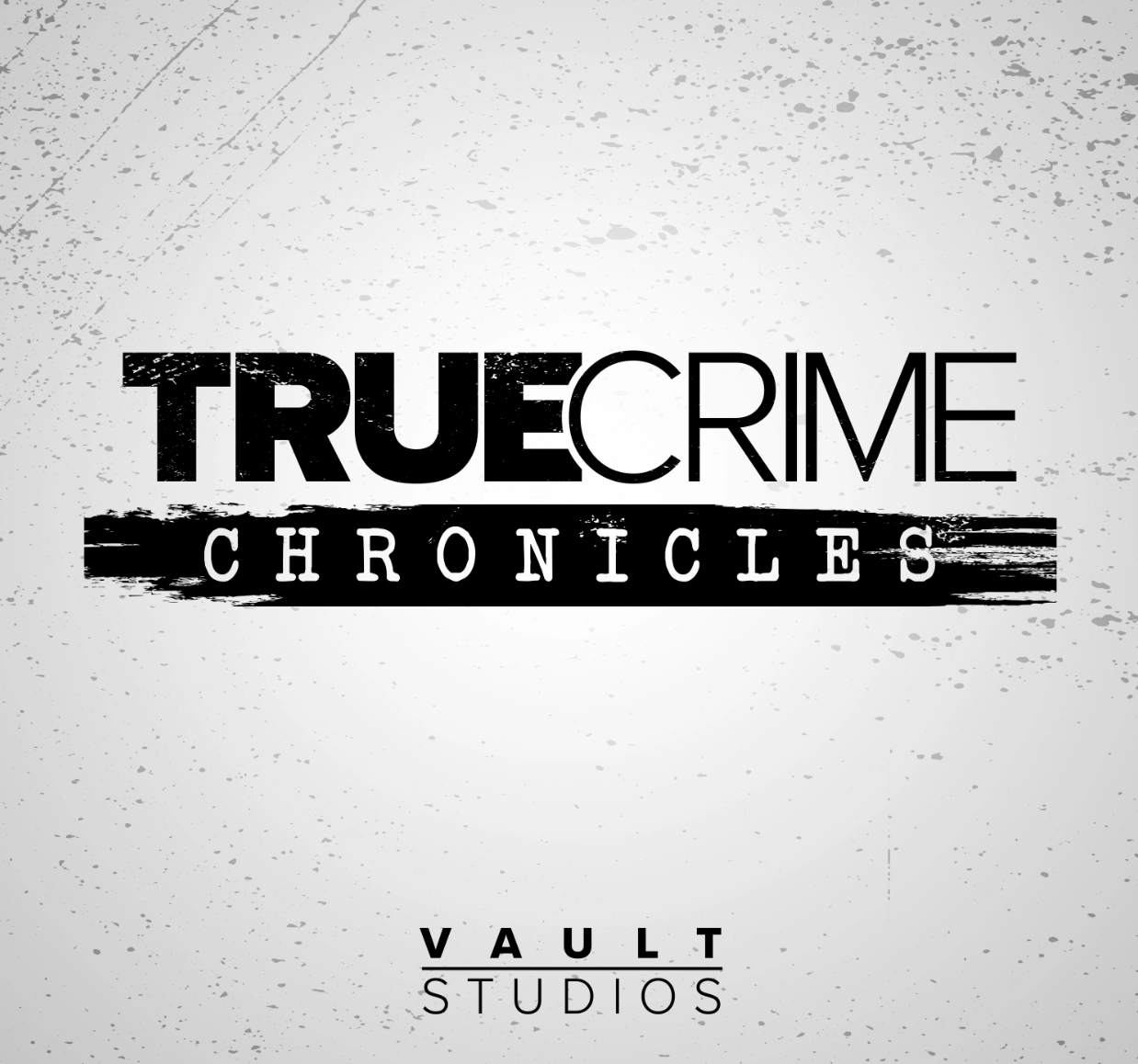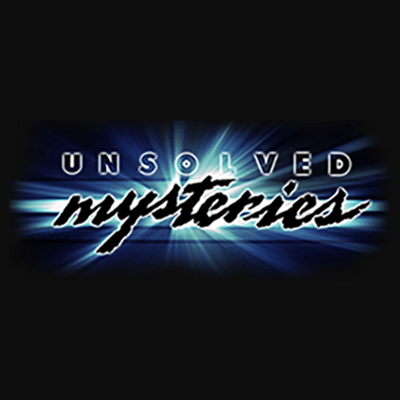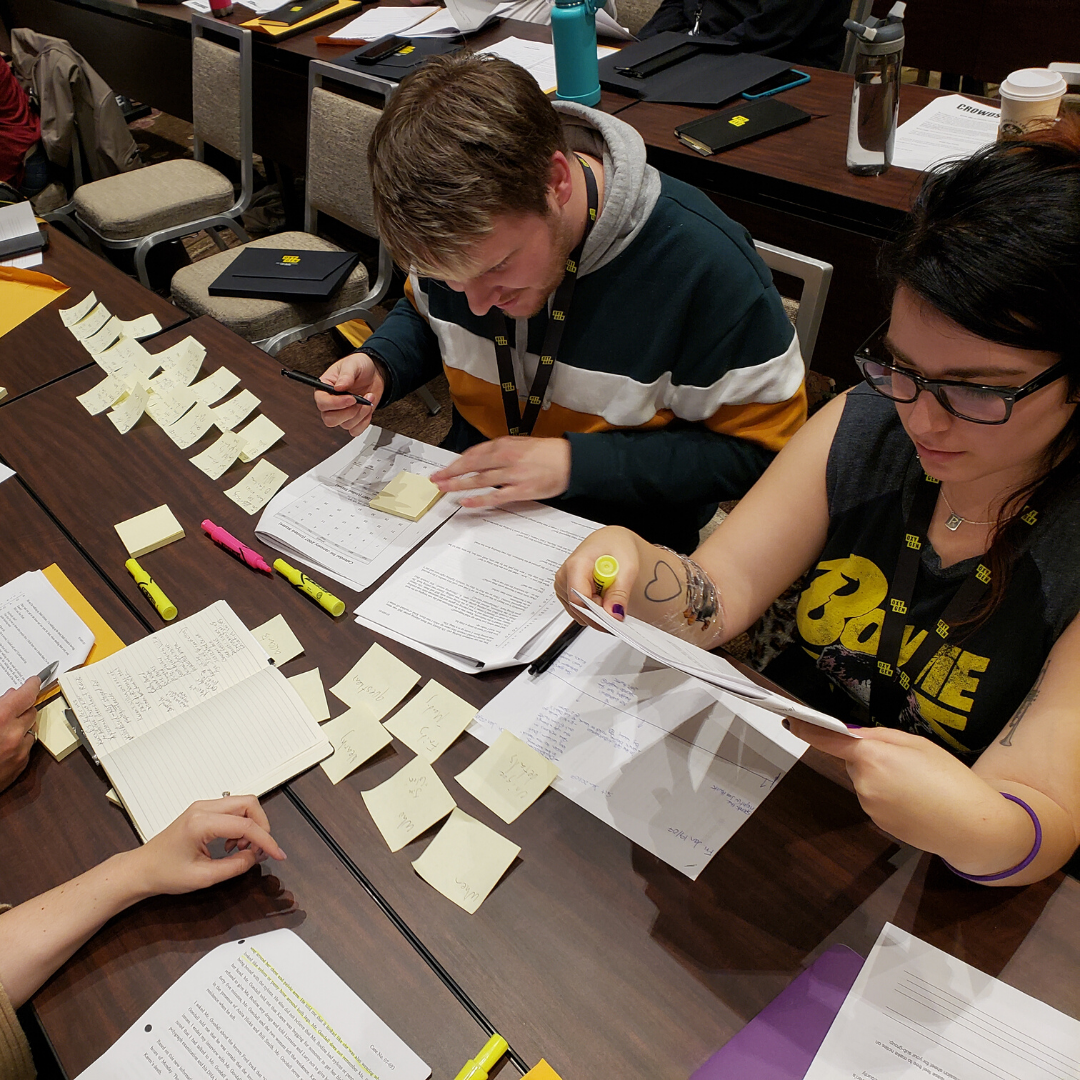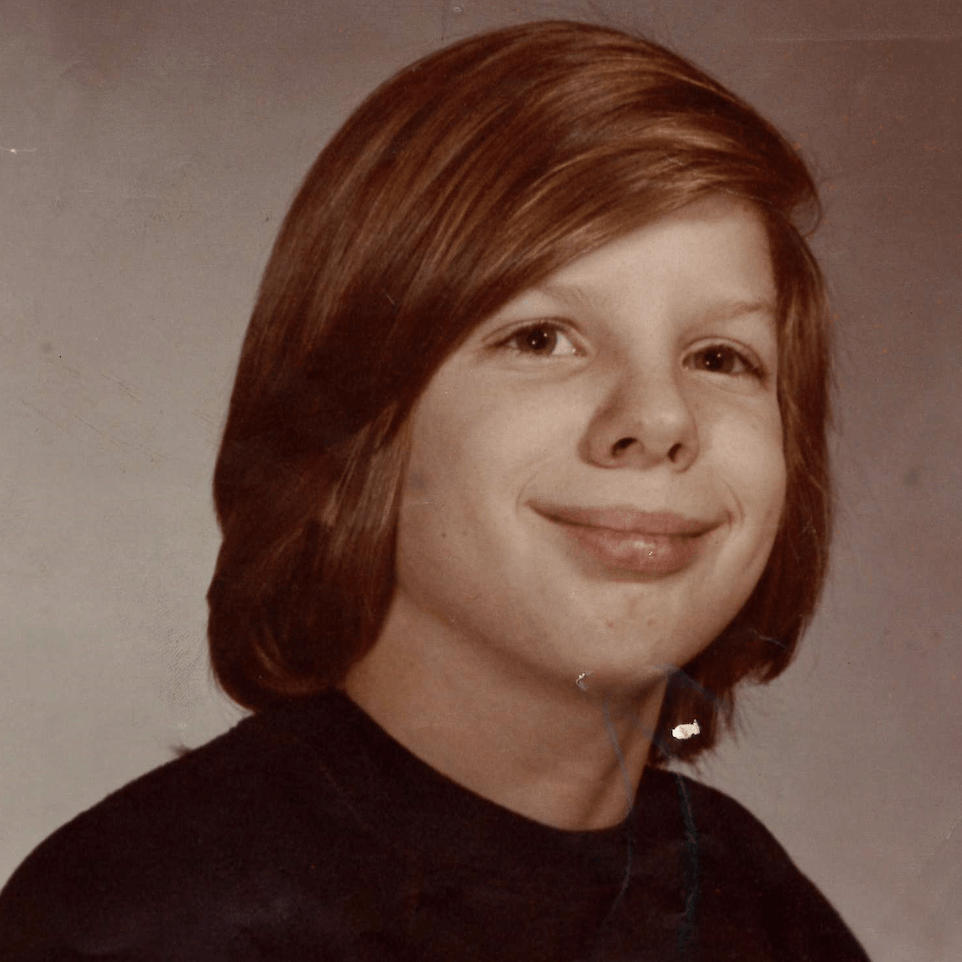A LOOK BACK AT CROWDSOLVE CHICAGO...
We have the case file. We have the suspects. We have the experts. Now we just need you.
Join us for CrowdSolve: a weekend murder mystery that's not a game.
Can hundreds of attendees with varied experiences and backgrounds work alongside the police and our world-class experts to help develop new ideas and leads in a cold case?
WITH YOUR HELP WE'RE GOING TO FIND OUT.
KURT SOVA
READ MOREReview our guests and experts from CrowdSolve: Seattle
HERE
View more
Programming schedule is for basic travel planning purposes only and is likely to change.
You can view the full schedule from CrowdSolve: Seattle HERE
21
february
F R I D A Y
E V E N I N G
APPROX 6:30 PM
WELCOME TO CROWDSOLVE
Opening cocktail reception and welcome from CrowdSolve and our chief investigator & host Art Roderick. Introduction to the Sova case, family, police, and experts.
22
february
S A T U R D A Y
M O R N I N G
9:00 AM
MAIN HALL: WELCOME
A look at the day ahead from CrowdSolve and our chief investigator & host Art Roderick
EXPERT TRAINING SESSIONS
A F T E R N O O N
MAIN HALL: CASE BRIEFING
CASE FILE WORKING GROUP ROTATIONS
E V E N I N G
THEORY & LEAD DEVELOPMENT
Q&A session with detectives, family and experts.
[VIP ONLY] Cocktails & Dinner
23
february
S U N D A Y
M O R N I N G
9:00 AM
MAIN HALL: WELCOME
WORKING GROUPS: MMO AND TIMELINE ANALYSIS
A F T E R N O O N
DRAFT WORKING GROUP REPORTS
MAIN HALL: THEORIES & NEXT STEPS
*EVENT WILL END BY 3P CT*
Stay up to date on all the latest CrowdSolve Chicago announcements, news & updates.

It's a question we hear quite often: "What's the difference between CrowdSolve and CrimeCon?" There are many, but the main difference is that CrowdSolve includes a large educational component led by some of the most renowned experts in the country. One of those experts is forensic psychologist Dr. Casey Jordan. Dr. Casey Jordan is a criminologist, behavior analyst, and attorney with 30 years of experience in investigative profiling and violent crime analysis. She is a professor of Justice & Law Administration at Western Connecticut State University and conducts qualitative research on violent crime and criminal behavior systems by interviewing hundreds of inmates and self-reported offenders. She is an expert on serial killing, mass murder, school shootings, sex crimes, domestic violence, criminal law, and the insanity defense. Case studies and research findings have resulted in more than 2000 media appearances and multiple publications, and she has served as an expert witness or legal counsel in many high-profile trials. Dr. Jordan took some time to speak with me about what she has in store for CrowdSolve Chicago Investigators. CCI: What’s your favorite part about what you do? Dr. Jordan: There's nothing fun or glamorous about studying the origins of crime, especially interviewing the criminals responsible for horrific murder and sexual assault--but the ANSWERS that we get through careful data-mining is critical to investigating unsolved cases. The silver lining is that criminologists and behavioral analysts don't just isolate variables about the criminals to create profiles, we also learn a lot of details about their thought process in choosing victims; these details help bring important answers to the victims and --in the case of homicide--to their families. As a criminologist, my first priority is always getting answers for families. Closure may not always be possible, but we have a lot to learn from the suffering of others. Catching a criminal is important, extremely important--but even when that doesn't happen, we can use what we learn to help PREVENT similar crimes in the future. Isolating the variables that lead to a crime, whether it is the background of the culprit or the precipitating factors relating the victim, invariably helps us understand the "perfect storm" of variables that leads to the crime happening. The favorite part of what I do is breaking it down to a paradigm that sheds light on a crime, but also getting answers that can bring some level of peace or understanding to victims and their families. Even if we don't solve a crime, victims and their loved ones find comfort in knowing that we uncover might actually prevent a similar crime from happening again to someone else. CCI: What can CrowdSolve attendees expect from your session? Dr. Jordan: ALL ideas are welcome. We start with brainstorming, and I'll ask pointed questions to try to separate intuitive or "gut" feelings about the case from what we know through data analytics of variables from similar cases. We will work together to isolate what we know fro fact, what we don't know and has yet to be discovered, and separate out any dead-ends or black-holes in the investigation that can never be known. While I can impart some specific techniques of how we organize, flow-chart, and use logic to build a grid of possible explanations that would fill some gaps in this case, attendees will also understand how complicated crime-solving is, and appreciate how and why all the team-members on a case need to work together, without hubris or territorial prerogative, in order to uncover answers that lead us closer to the truth about what happened to Kurt Sova. CCI: What’s something you think they’ll be surprised to learn? Dr. Jordan: Most Investigators might be surprised to learn that, as a team, we depend on the comprehensive case files for our foundation of information, BUT we need to operate from a stance of complete neutrality as we approach what we know. We need to consider that the "known" information might be faulty, biased, incomplete, or just downright inaccurate. In 1981, DNA technology was in its infancy and, forensic evidence processing was often subject to human error; even the most well-intentioned players could make mistakes. Attendees will learn that by suspending their own presuppositions, using deductive reasoning instead of outmoded assumptions, we best position ourselves to provide fresh possibilities for what actually happened to Kurt. CCI: How difficult is it to put together a profile in a case like this where we’re not sure there was an actual offender? Dr. Jordan: The most important kick-off question is whether we think this death was natural, accidental, suicide, homicide, or unable to be determined. We have to profile Kurt Sova as a deceased individual to gain insight to each possibility, and consider his lifestyle, his inner circle of friends and family, his health and habits, and then the documented evidence, in order to best consider each alternative. When considering HOMICIDE as a possible manner of death, we can then look at the facts as we know them and start working off hypothetical scenarios that work in consonance with the forensic evidence and autopsy information. We CAN build a profile of an unsub who might be most likely to be responsible for taking Kurt's life, but given that we are unsure of the cause of death and location of death, a profile of an actual offender will be predicted based on known homicides with like characteristics. It isn't ideal, but it IS possible. The key is that a possible offender profile will also have to be considered in tandem with alternative scenarios for what happened to Kurt Sova, and attendees need to understand that we might get closer to the truth, even hypothesize the exact scenario as it truly happened, but still accept that --short of a confession by an actual culprit--our theories may never culminate in a provable answer.
